Principal Investigators & Support Team
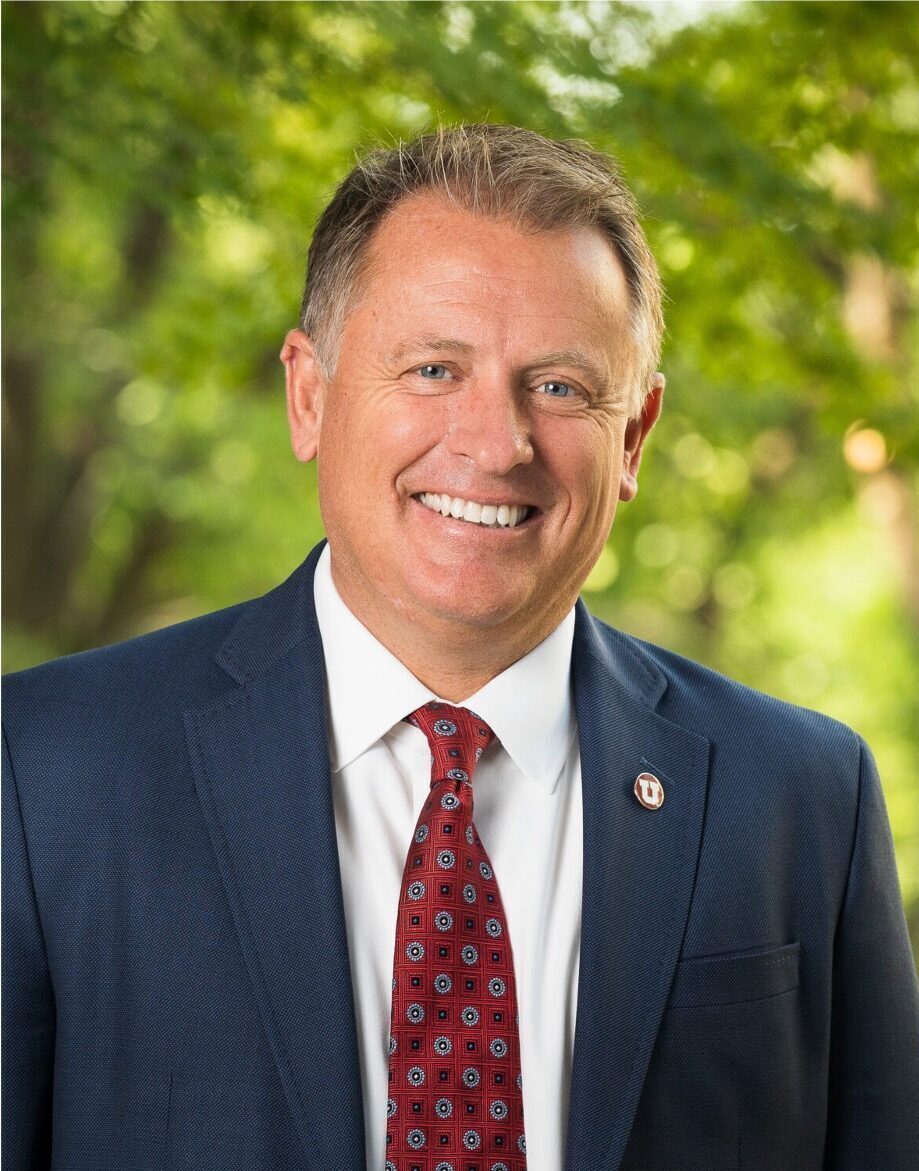

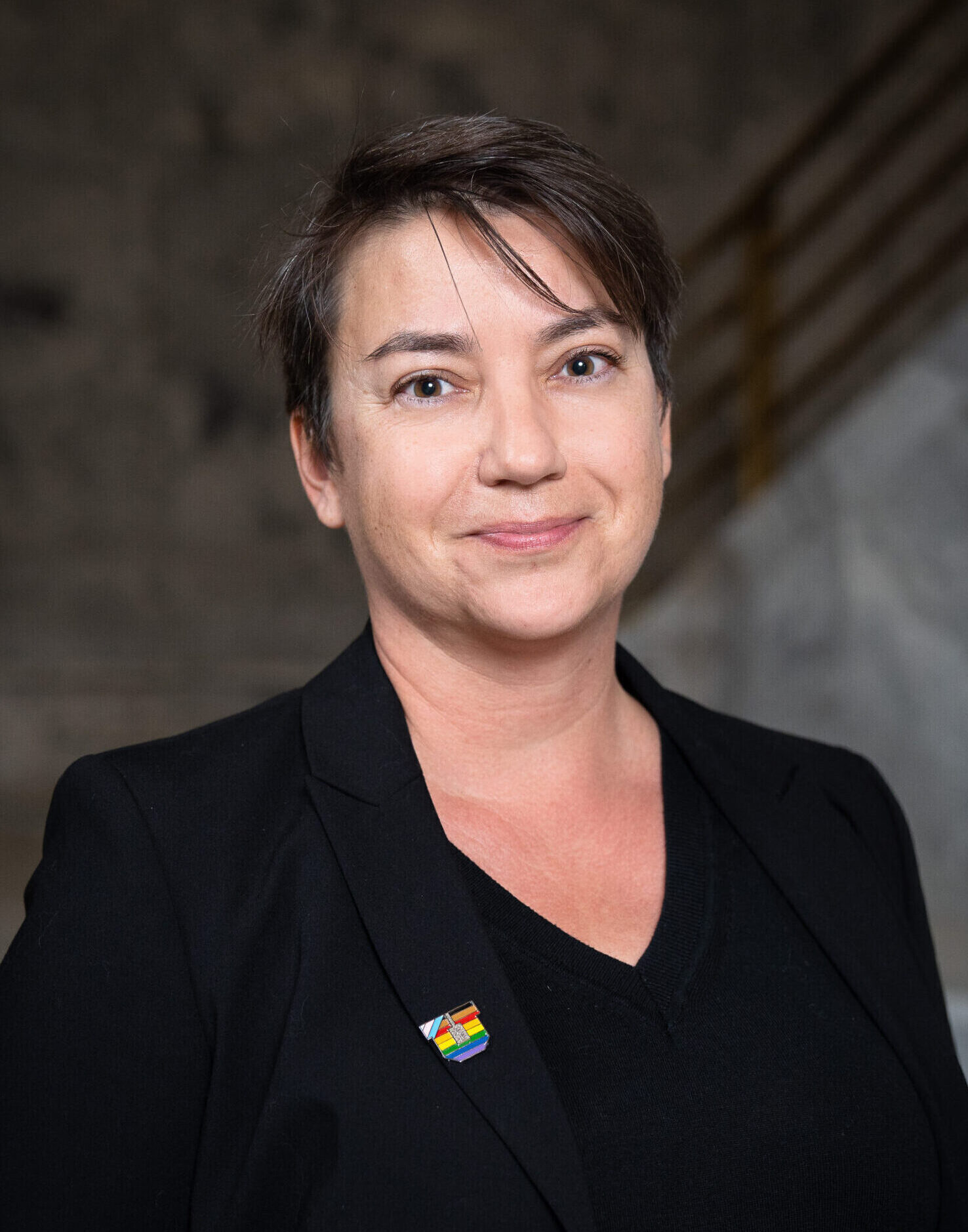

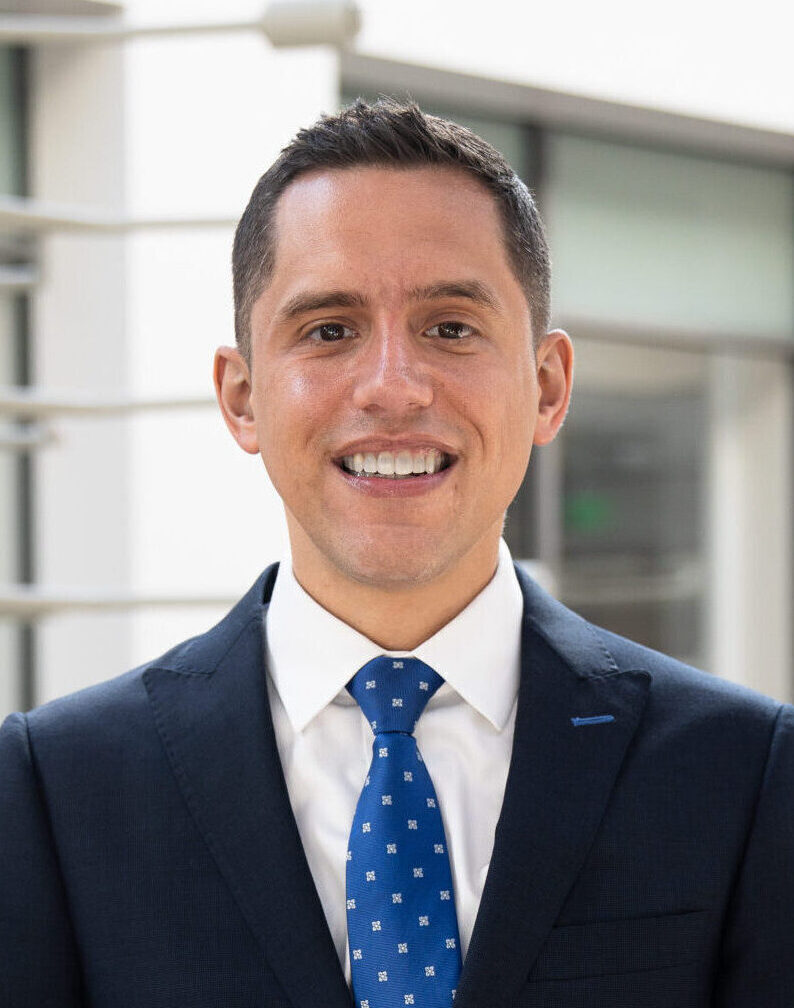

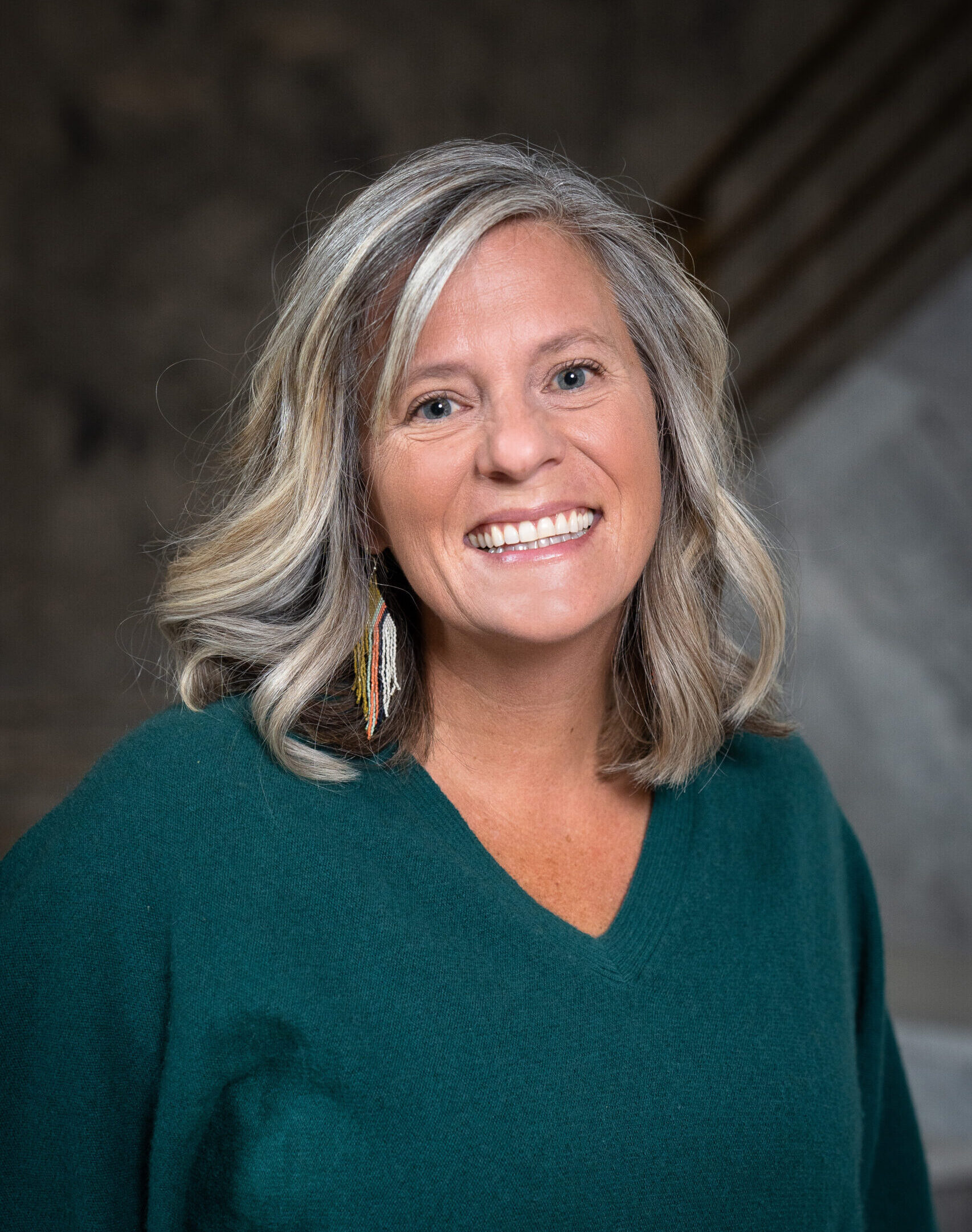

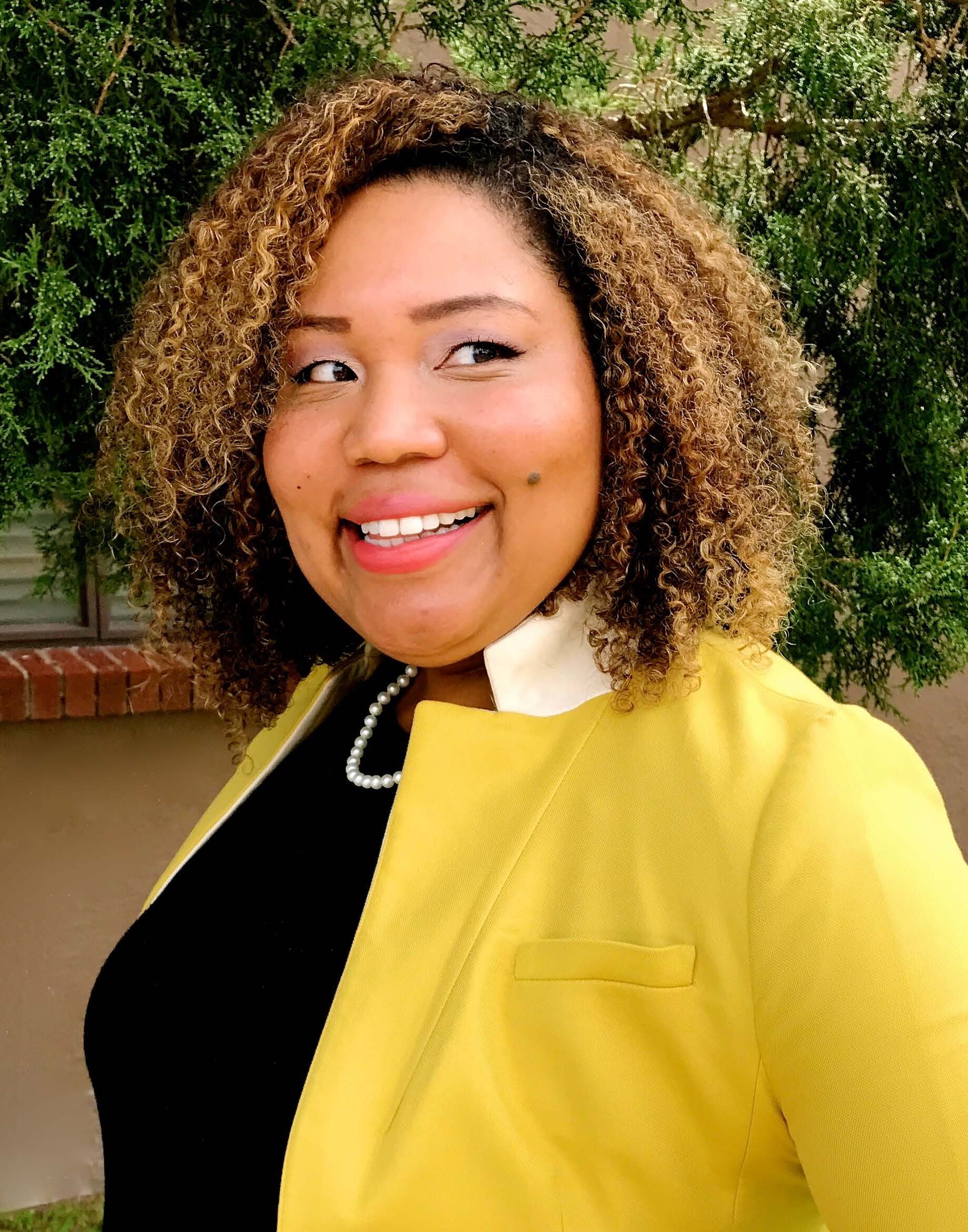

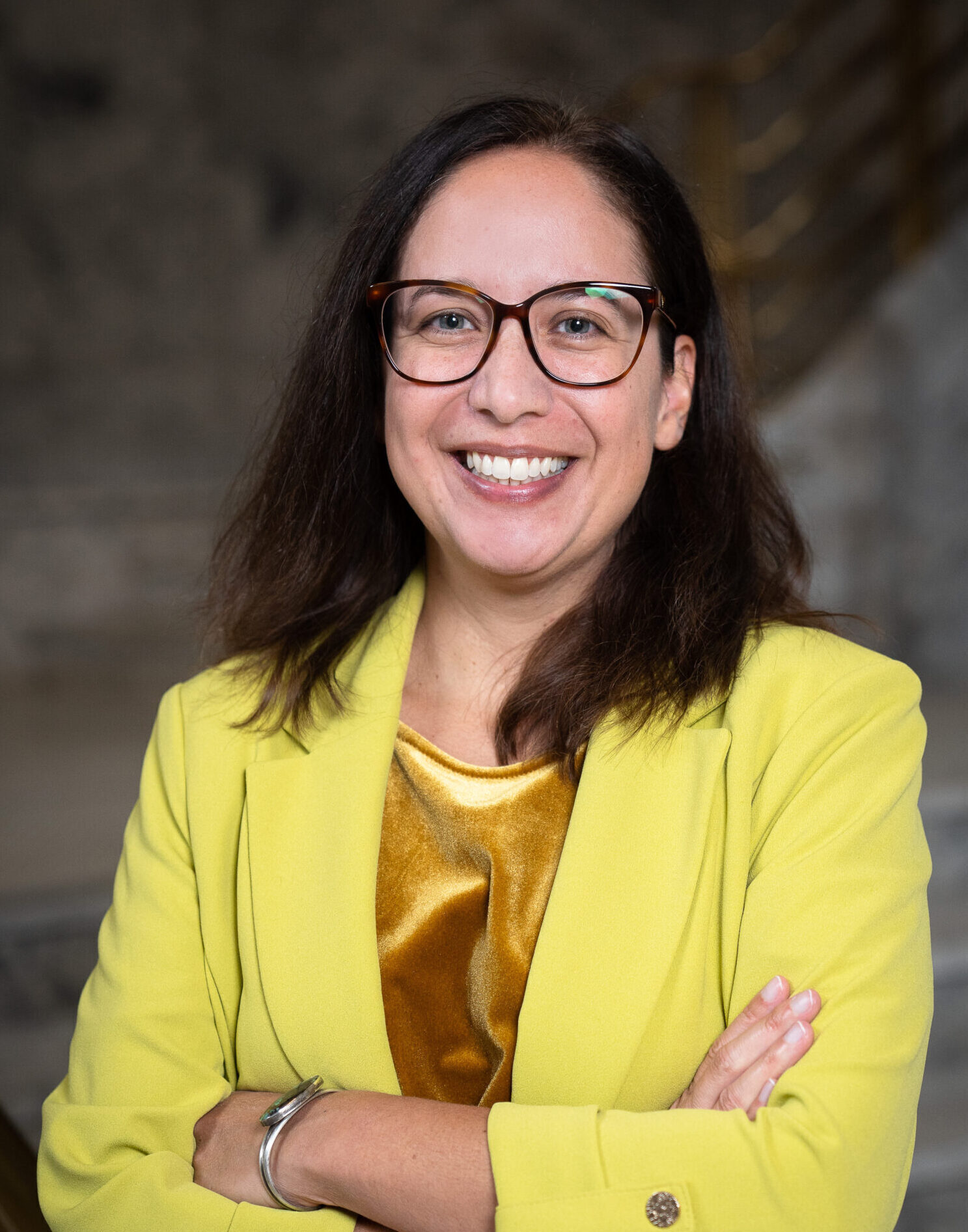

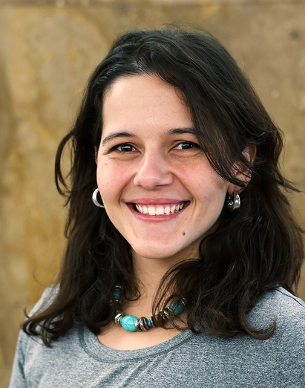

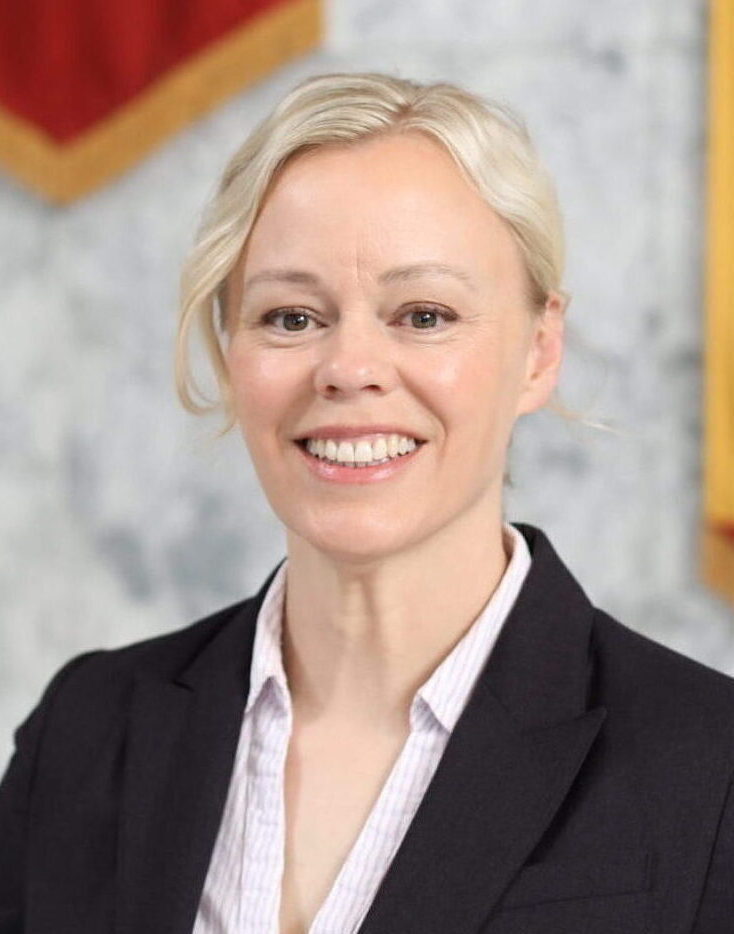

Amy has a B.S. and M.S. in Geography. Post graduate school, she was a physical scientist for the U.S. Geological Survey. She worked on the National Watershed Boundary Dataset as well as Utah County groundwater level research. She has spent most of her career in non-profit development. She has worked for the International Rescue Committee, TURN Community Services, CTA Community Supports, and the People's Health Clinic. At the University of Utah she has been the administrative manager for the USAID/U of U Higher Education System Strengthening Activity (HESSA) Pakistan, and has now moved to assist the ADVANCE IT project.
Institutional Transformation Team


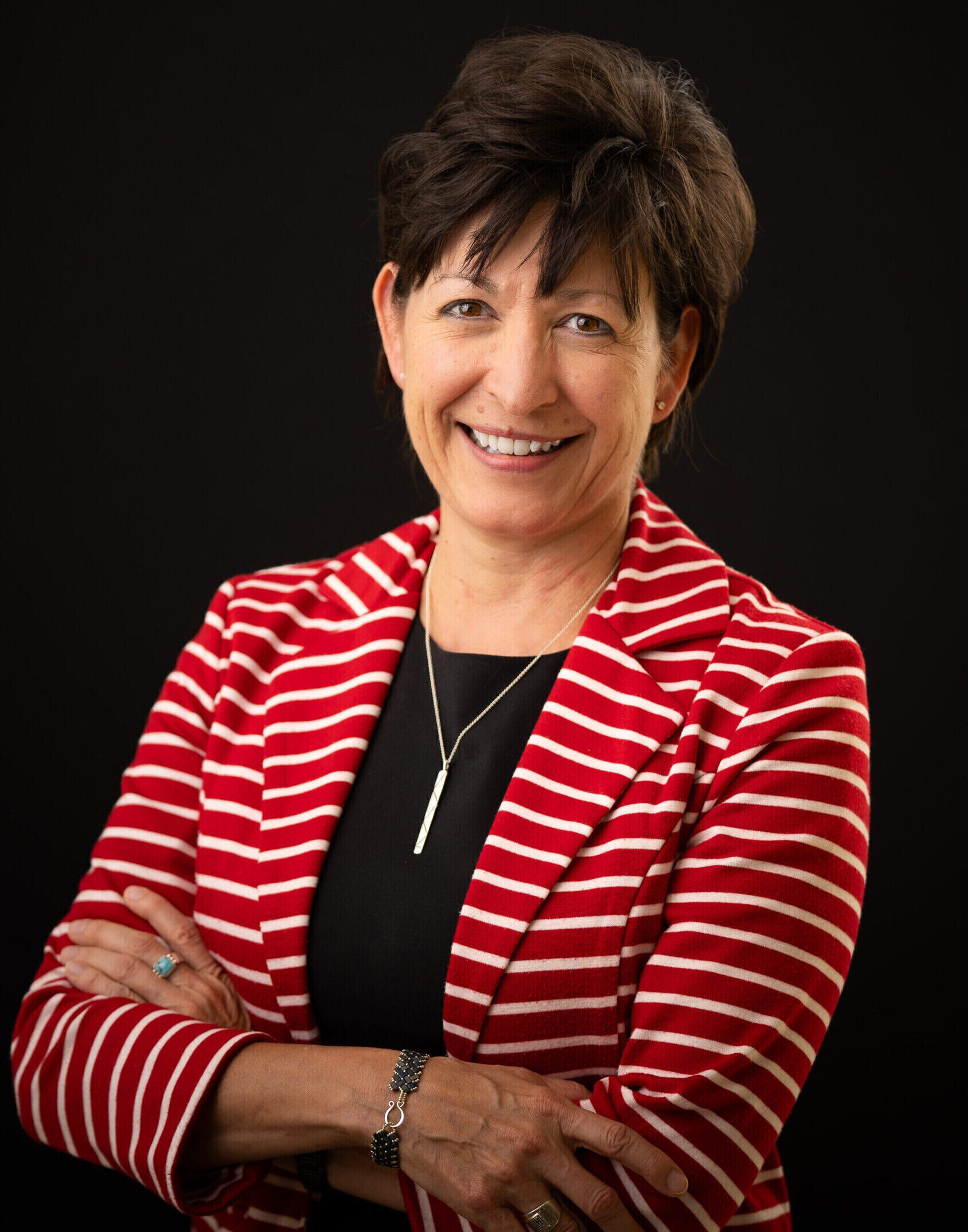

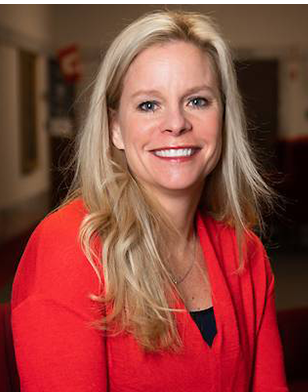

Dr. Erin Rothwell received her B.S. degree in Recreation Therapy and M.S. degree in Park & Recreation Management from the University of South Alabama. In 2004, Dr. Rothwell moved to Salt Lake City to pursue her PhD in Recreation Therapy at the University of Utah. She served her Postdoctoral Training in the College of Nursing at the U while studying clinical trials and public health. In 2010, Dr. Rothwell received a competitive fellowship opportunity in the Medical College of Wisconsin where she studied Bioethics. Dr. Rothwell’s research focus is on ethical, social, and legal implications of genetic and technological advancements on individuals and families specifically within newborn screening, prenatal testing, and biobanking.
In 2018, Dr Rothwell was hired as the associate vice president for research integrity & compliance (AVPRIC) in the Office of the Vice President for Research (VPR). In 2021, Dr. Rothwell became the associate vice president for research (AVPR) to help lead the U’s grant support pipeline, research education expansion, and environmental health and safety offices. Under Dr. Rothwell’s leadership, the U’s research portfolio has grown substantially each year and reached a record-high of over $600M in research funding and 2,400 grants in FY21. In addition to research growth, the U was invited into the Association of American Universities, a prestigious group that limits memberships to institutes at the forefront of scientific discovery.
As vice president for research, Dr. Rothwell currently oversees 18 research administrative units that support research compliance, regulation policies, grant development pipeline, and safety procedures across campus. In addition, Dr. Rothwell serves as the President of the University of Utah Research Foundation. Dr. Rothwell is dedicated to finding impactful solutions through innovative and inclusive research practices to solve critical real-world challenges.


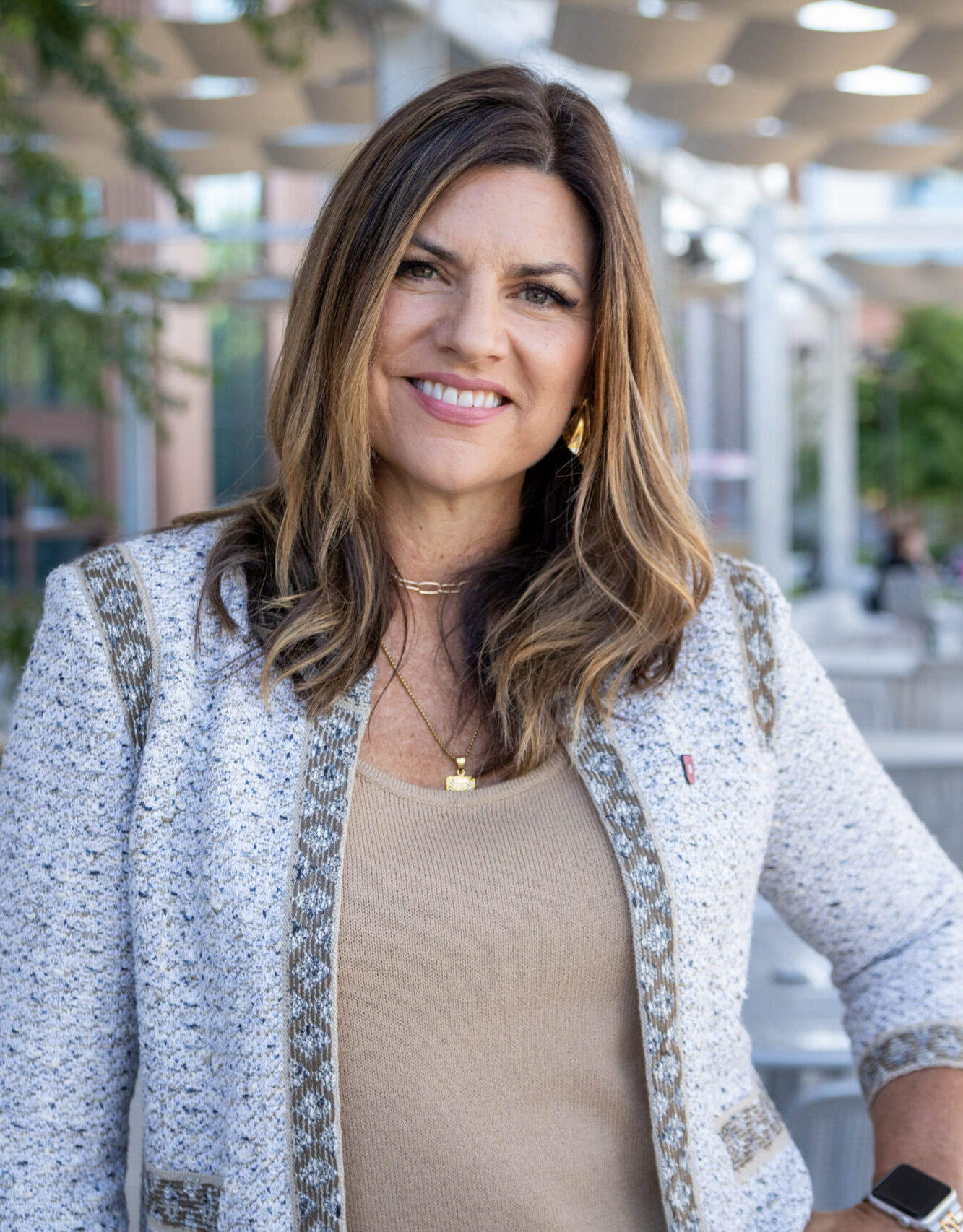

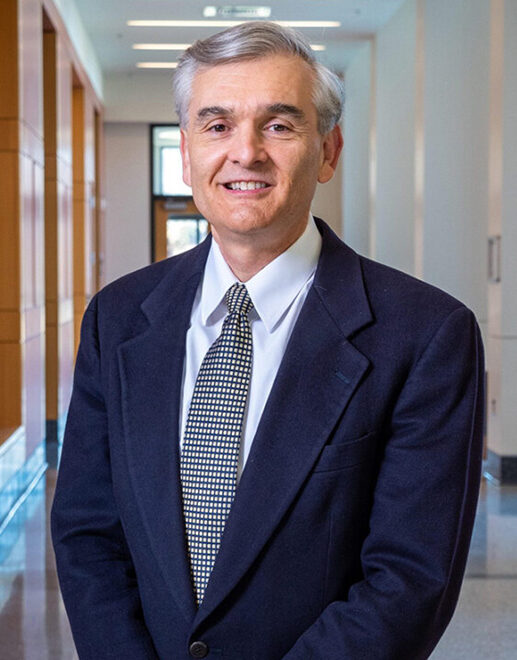

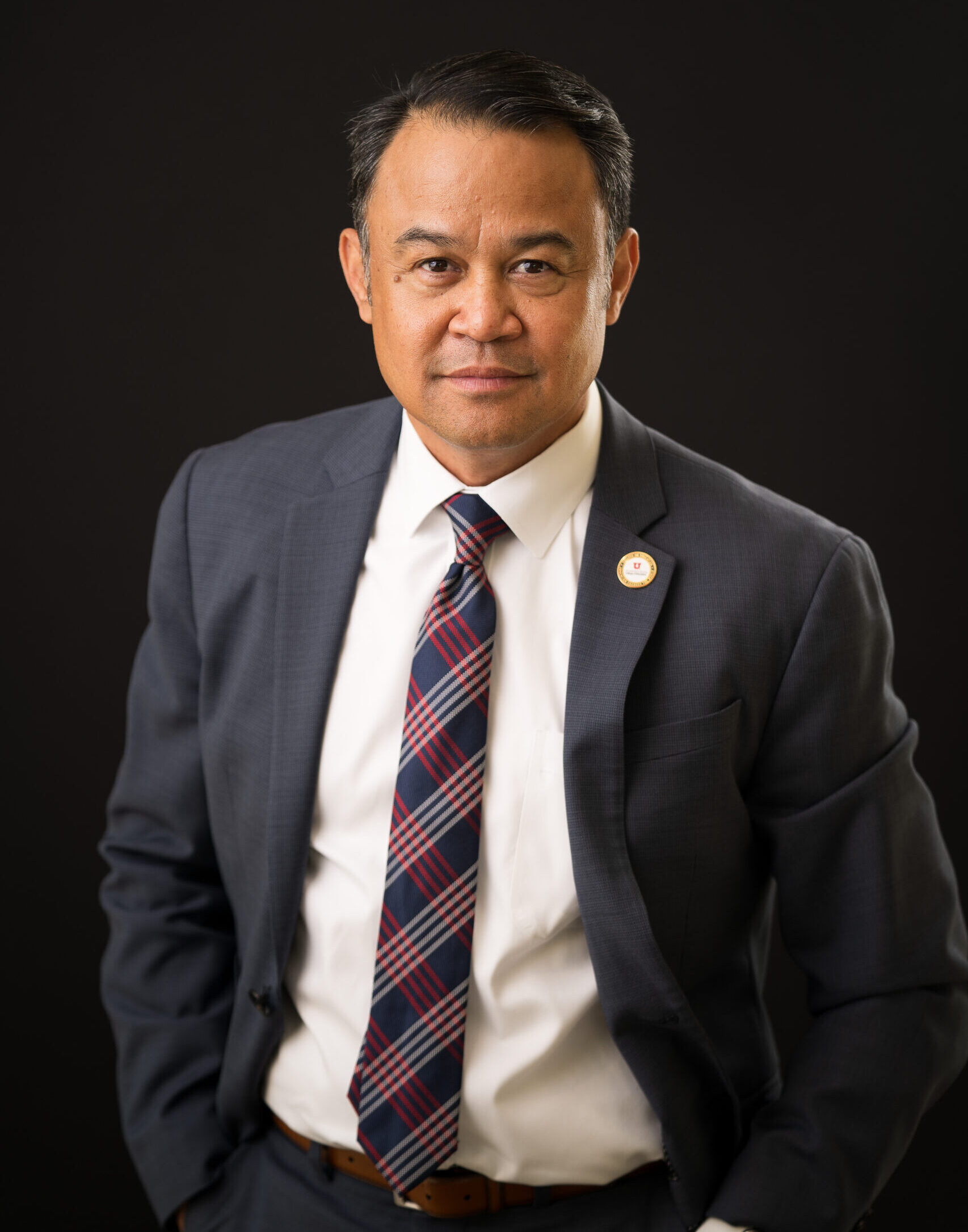

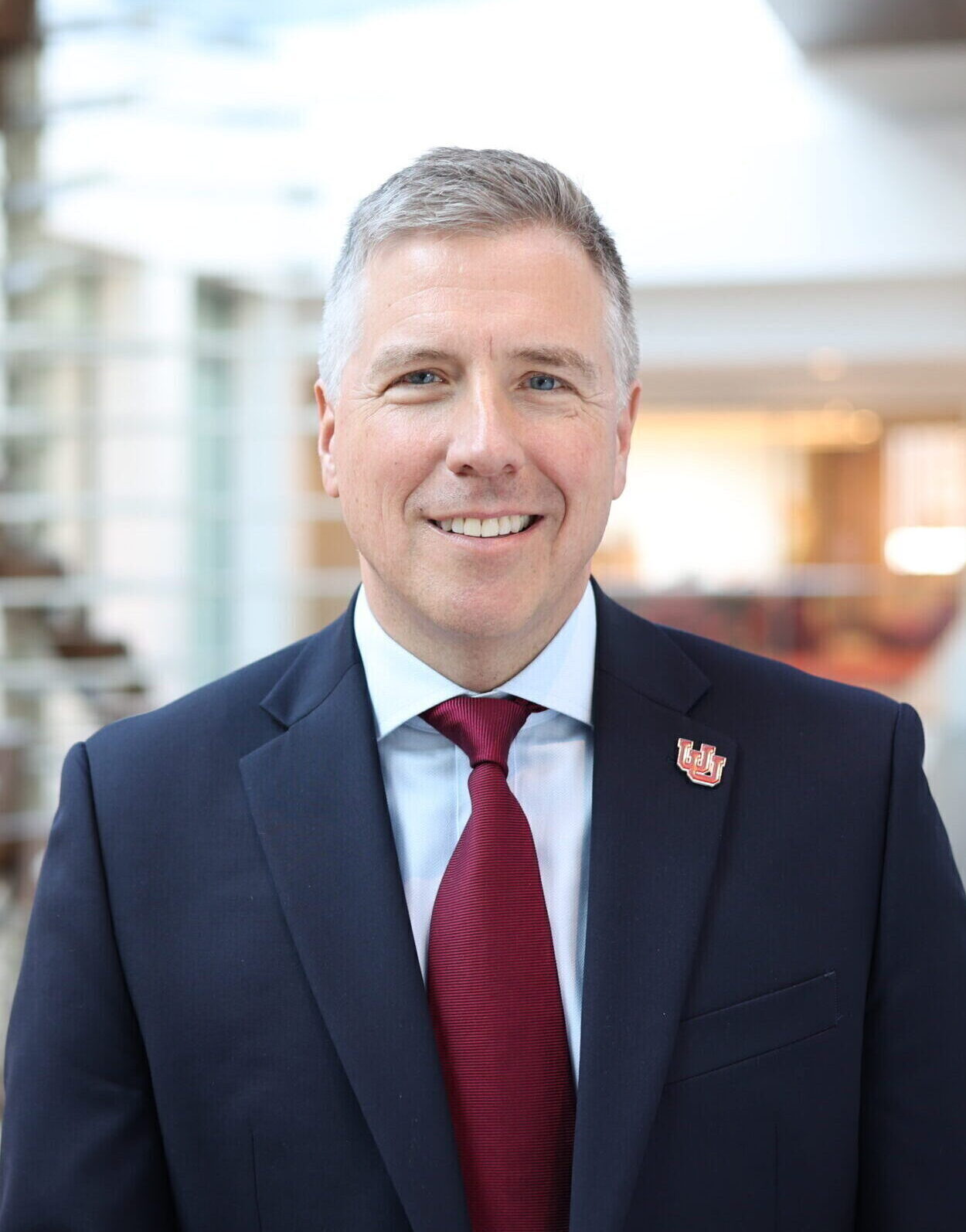

External Advisory Board


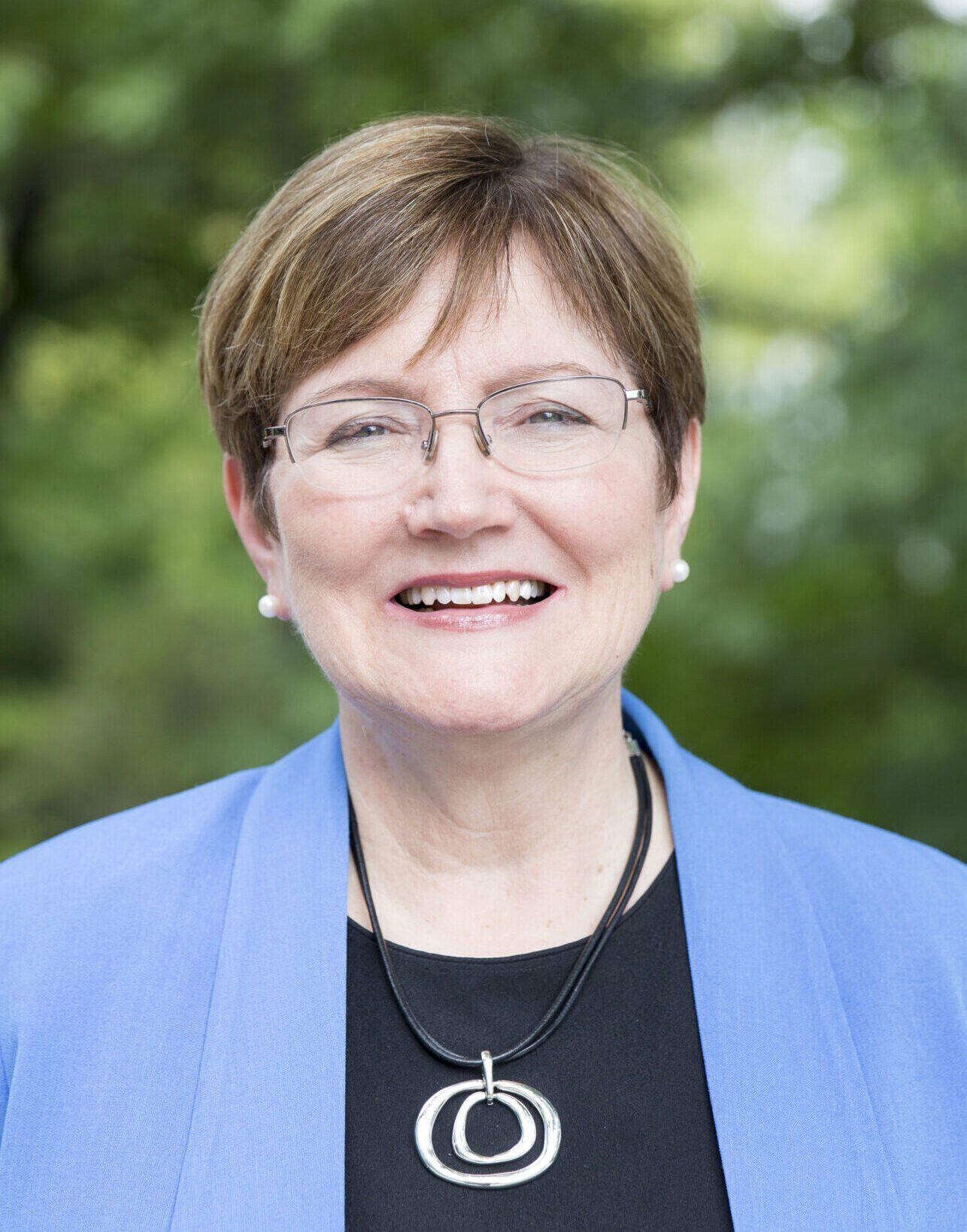

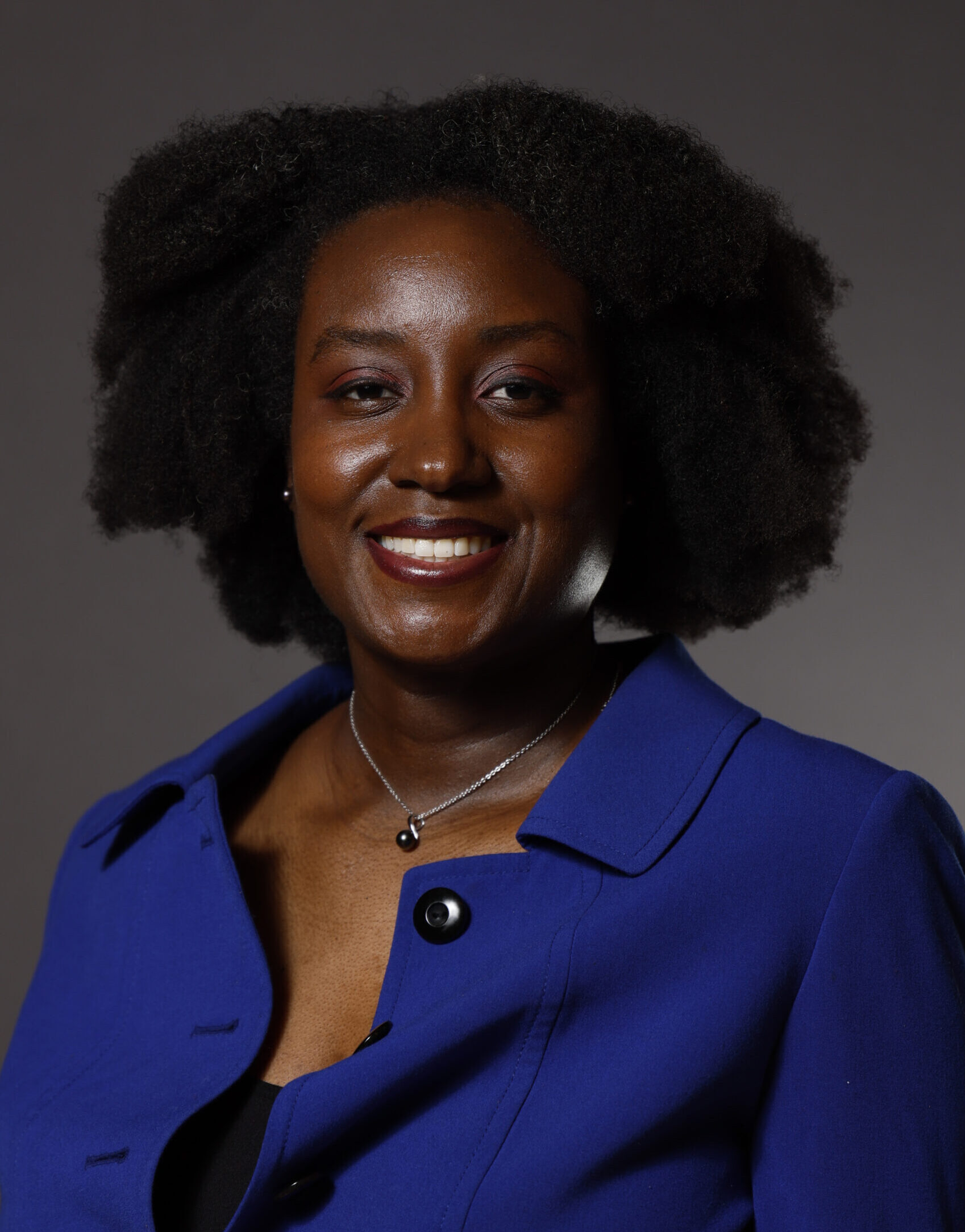

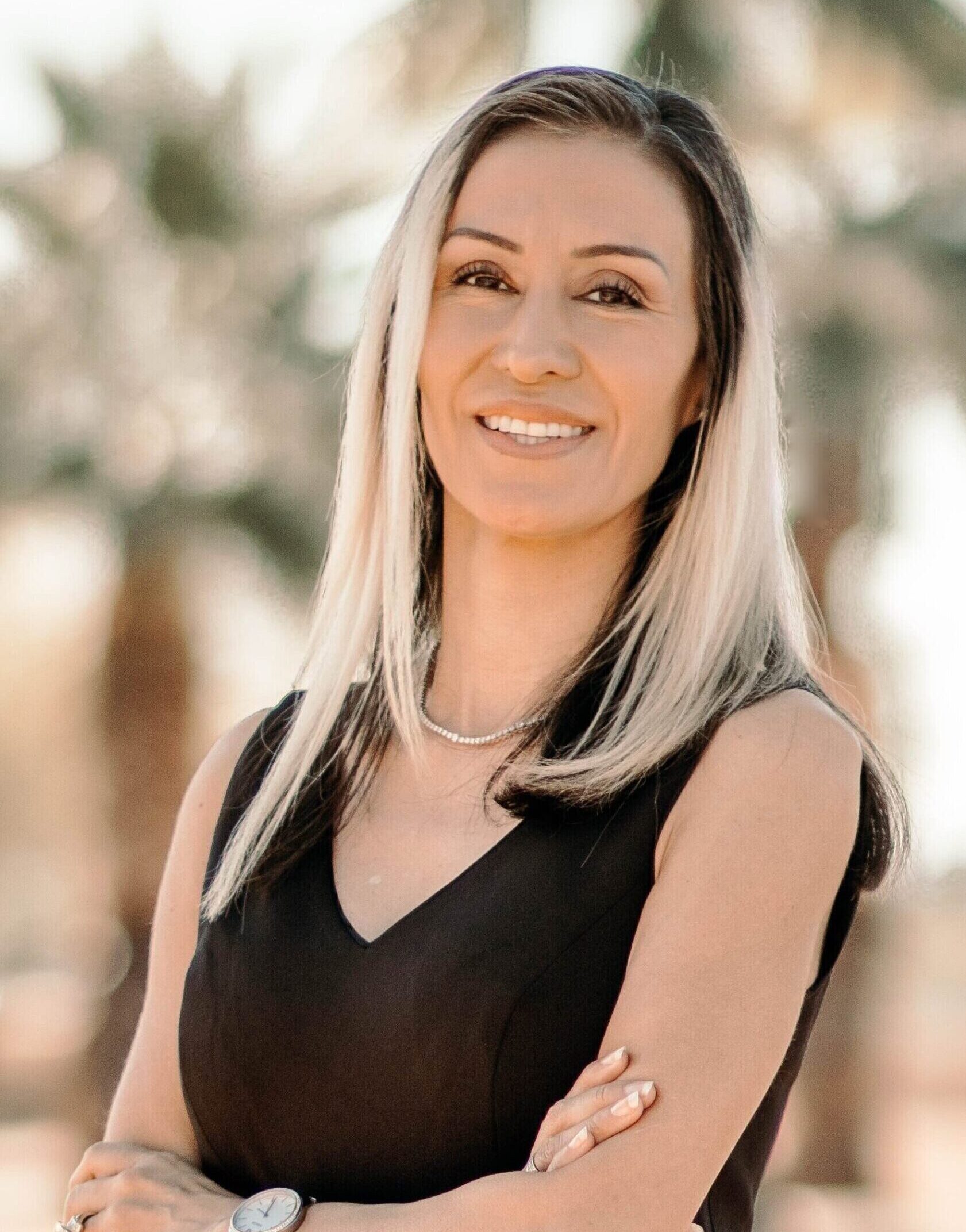

Dr. Erika Tatiana Camacho is the inaugural holder of the Manuel P. and María Antonietta Berriozábal Endowed Chair and Professor with joint appointments in the departments of Mathematics and Neuroscience, Developmental and Regenerative Biology (NDRB).
Camacho was a Fulbright Research Scholar at the Institut de la Vision (IDV) - Institut national de la santé et de la recherche médicale (Inserm) and Sorbonne Université in Paris 2022-2023 and a faculty at Arizona State University 2007-2023. Camacho had three impressive years (from 2019-2022) of work at the National Science Foundation (NSF) as Program Director co-Lead of the Hispanic-Serving Institutions (HSI) Program and Program Director of the ADVANCE and the Racial Equity in STEM Education Programs where she contributed significantly to impactful initiatives dedicated to equity across the agency. As the co-Lead of the HSI Program, Camacho revamped and expanded the NSF HSI Program to create robust funding mechanisms, including multiple tracks and Hubs and Centers, that speak to and reflect the heterogeneous HSI landscape. Camacho has a long and successful career in and outside of academia as a mathematical biologist, researcher, educator, mentor and advocate for equity in science, technology, engineering and mathematics (STEM).
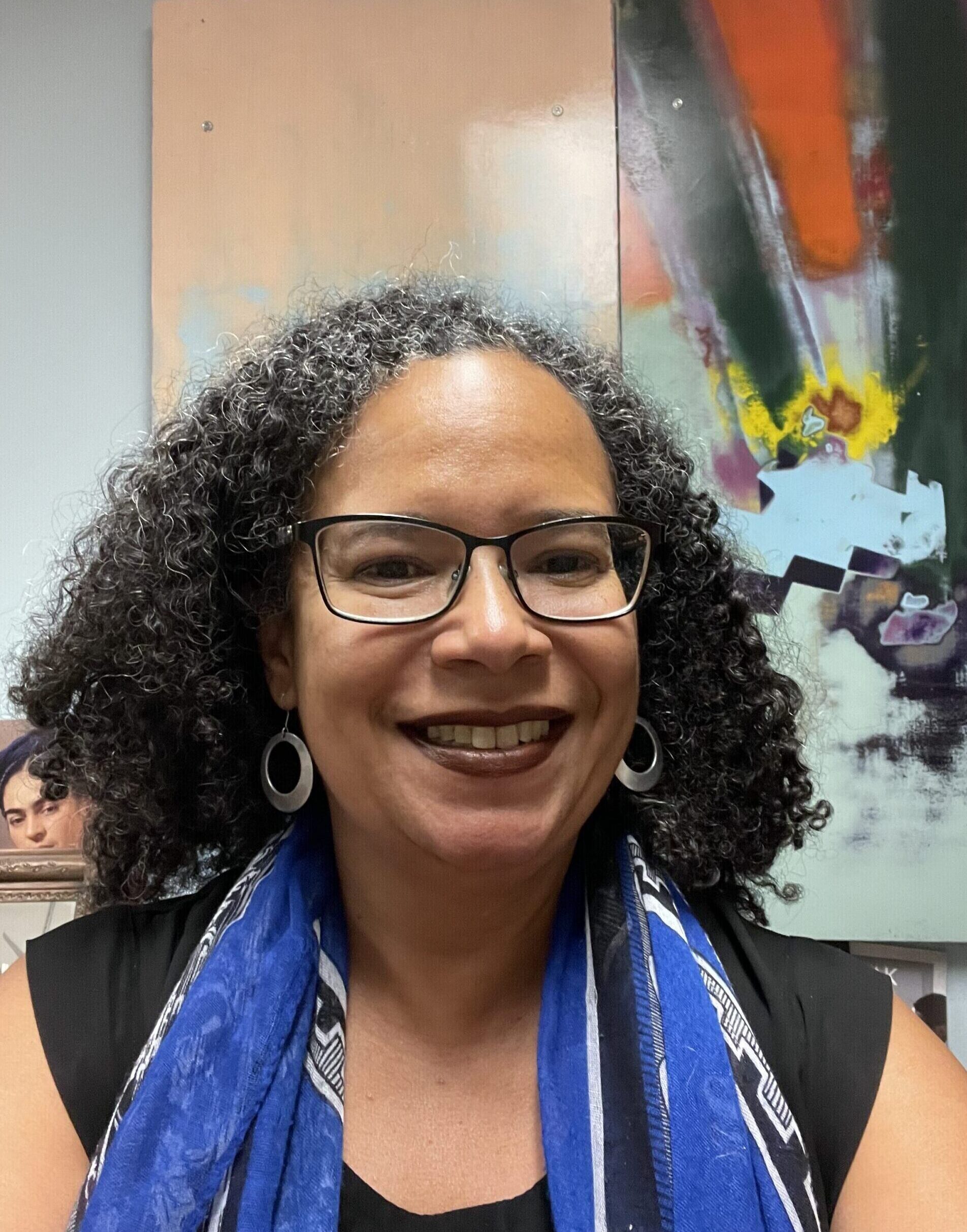

Dr. Nancy López is professor of sociology at the University of New Mexico. Dr. López directs/co-founded of the Institute for the Study of "Race" and Social Justice. Her scholarship, teaching and service are guided by the insights of intersectionality--the importance of examining the simultaneity of race, gender, class, ethnicity and other systems of inequalities across a variety of social outcomes, including education, health, employment, housing, for developing contextualized solutions that advance social justice. Dr. López is author of Hopeful Girls, Troubled Boys: Race & Gender Disparity in Urban Education (2003); co-editor of, Creating Alternative Discourses in the Education of Latinas & Latinos (2003), Mapping "Race": Critical Approaches to Health Disparities Research (2013); and, QuantCrit: An Antiracist Approach to Education Equity (2023). Her current research, “Intersectionality as Inquiry and Praxis: Race-Gender-Class-Ethnicity for Student Success in STEM,” is funded by the NSF HSI program. Dr. López is a Black Latina, New York City-born daughter of Dominican immigrants with a second grade education rich in cultural wealth. She is the first woman of color tenured in Sociology and the first woman of the African Diaspora tenured in the College of Arts and Sciences (2008) and promoted to full professor (2018) at UNM.
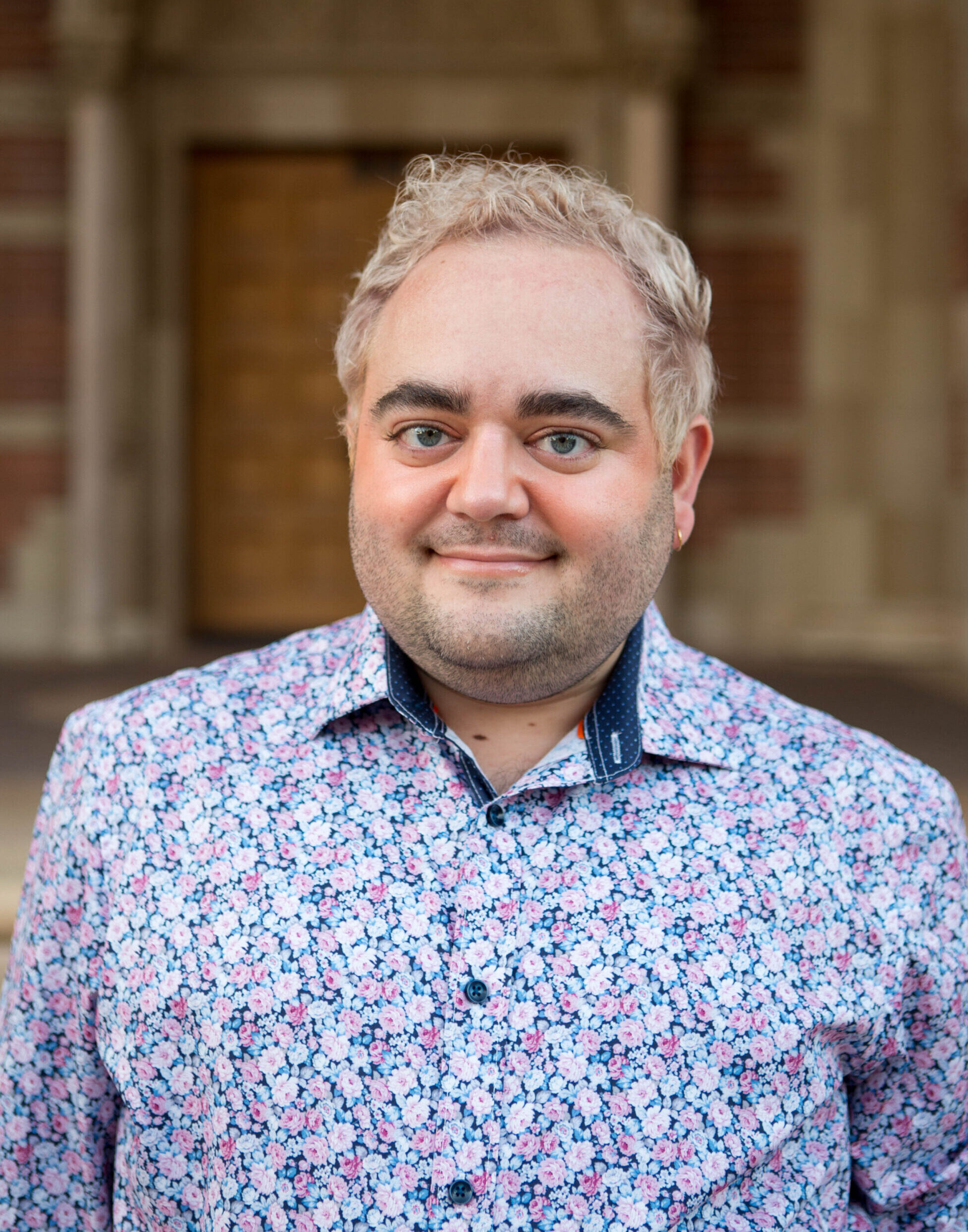

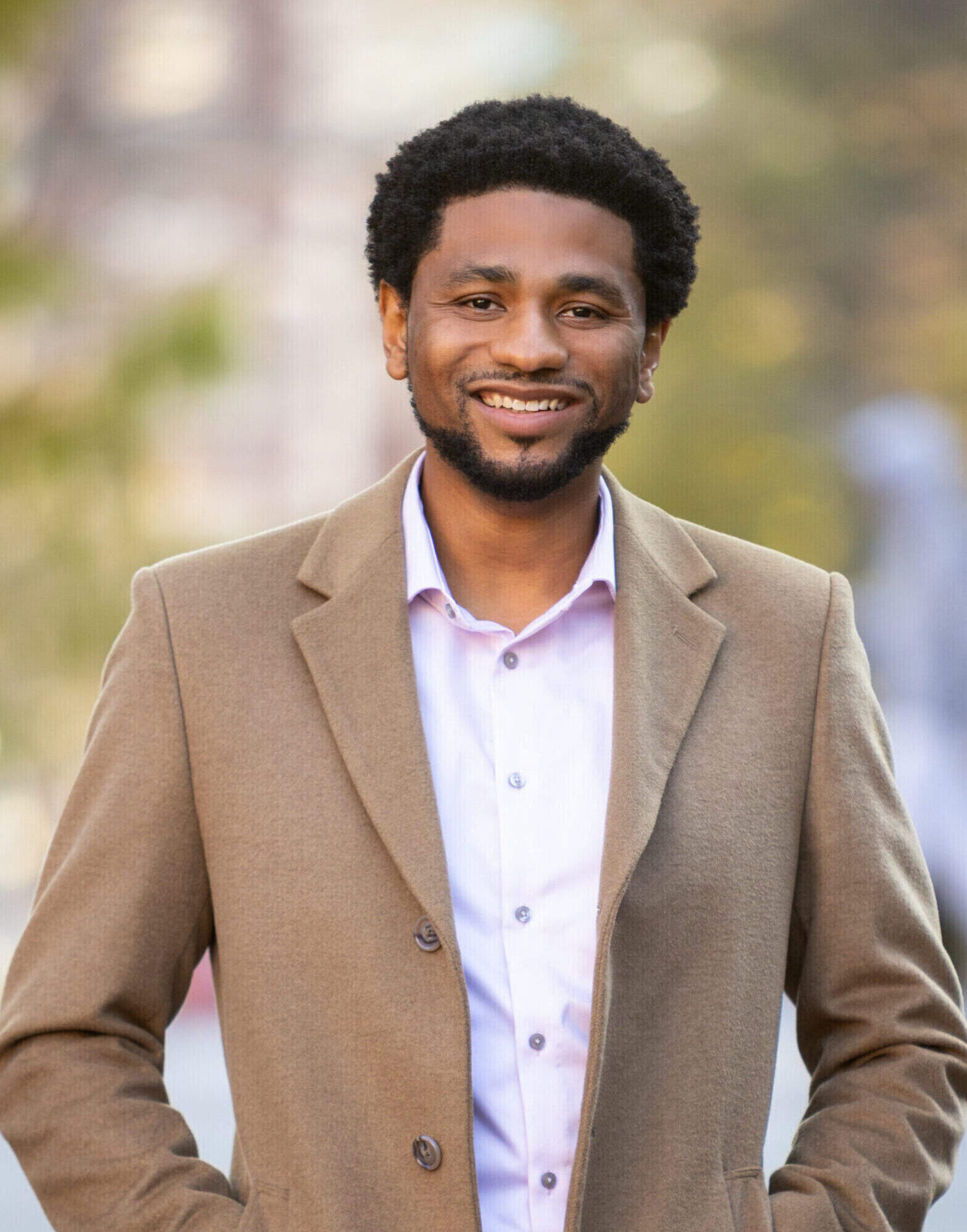

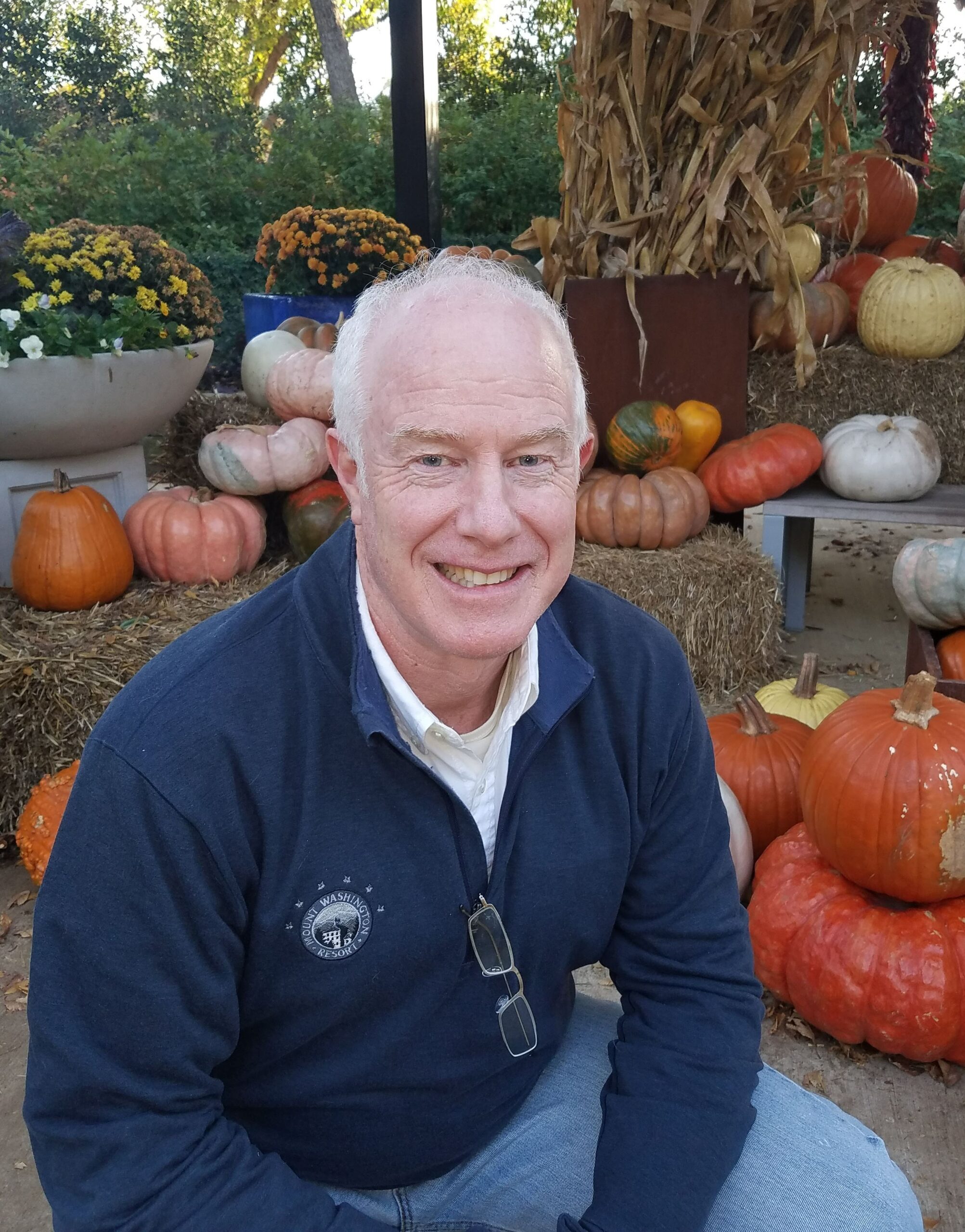

Internal Advisory Board


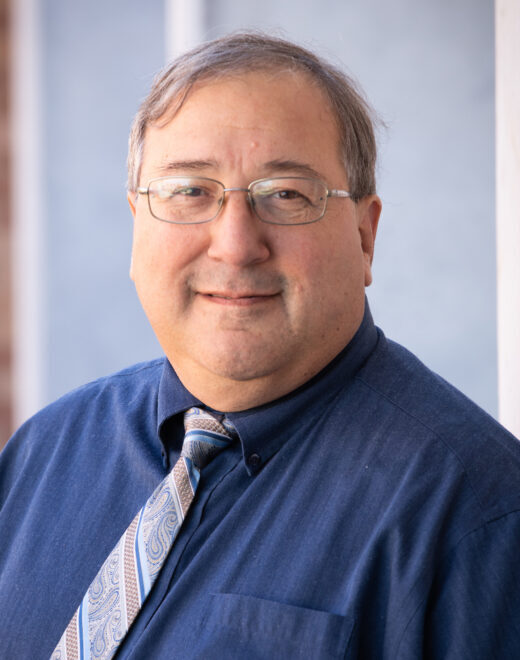

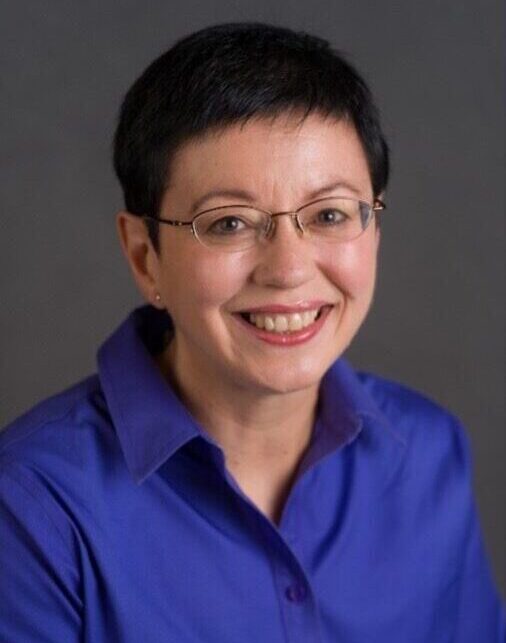

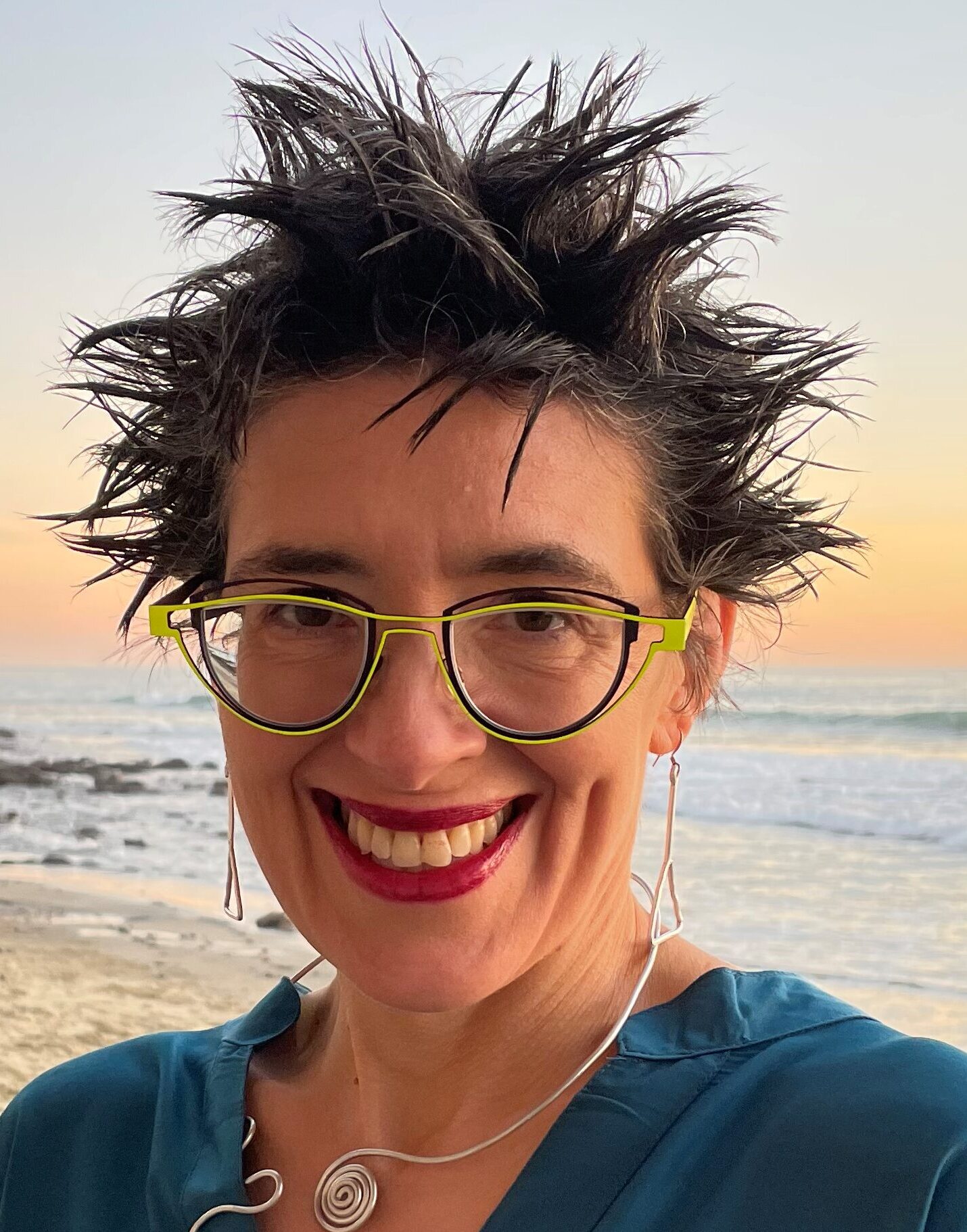

Lisa M. Diamond is Distinguished Professor of Psychology and Gender Studies at the University of Utah, and president of the International Academy for Sex Research. She received her Ph.D. in Human Development from Cornell University in 1999, and has spent nearly 3 decades studying the development and expression of gender and sexuality across the life course. Her current work focuses on the biobehavioral mechanisms through which social stigma, social stress, and social safety shape the health and well-being of sexually-diverse and gender-diverse individuals at different stages of development. Dr. Diamond is best known for her research on sexual fluidity, which describes the capacity for individuals to experience unexpected shifts in sexual identity and expression over time. Her 2008 book, Sexual Fluidity, published by Harvard University Press, has been awarded the Distinguished Book Award from the American Psychological Association’s Society for the Study of LGBTQ Issues. Dr. Diamond is also co-editor of the first-ever APA Handbook of Sexuality and Psychology, published in 2014, and is a fellow of two divisions of the APA. She has published over 140 articles and book chapters, and has been invited to present her research at over 150 national and international Universities and conferences. Dr. Diamond has received awards for her work from the Developmental Psychology and LGBT Psychology Divisions of the APA, the Society for Personality and Social Psychology, the International Association for Relationship Research, the Society for the Scientific Study of Sexuality, and the Society for the Psychological Study of Social Issues. Her current work focuses on the importance of social safety (unconditional social connection, inclusion, and protection) for the human immune system, and the negative long term health implications of living with chronic unsafety in one’s day-to-day life. Dr. Diamond also studies religious trauma among sexually-diverse and gender-diverse individuals raised in the Mormon church, and the factors that promote adjustment and acceptance among this population and their families.
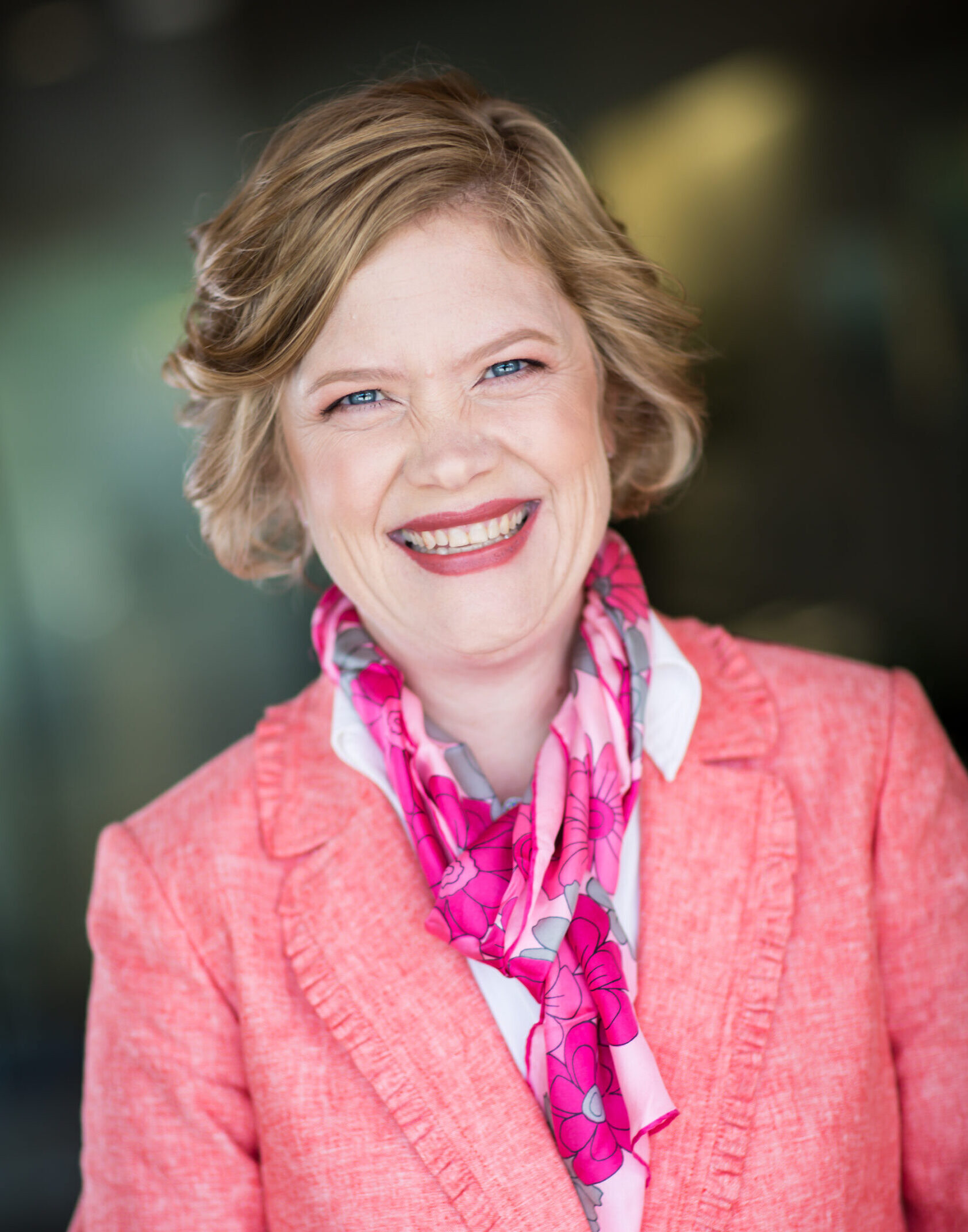

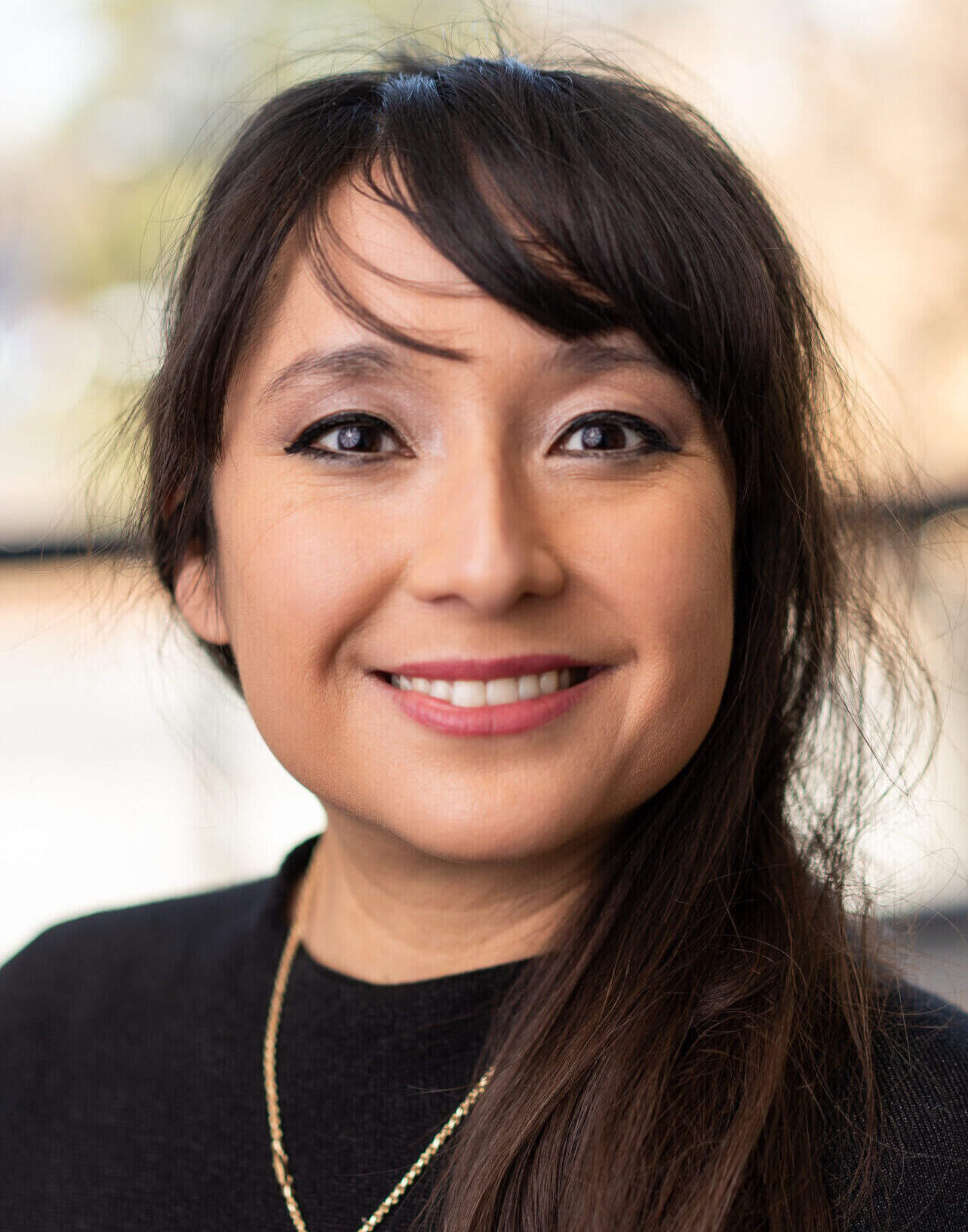

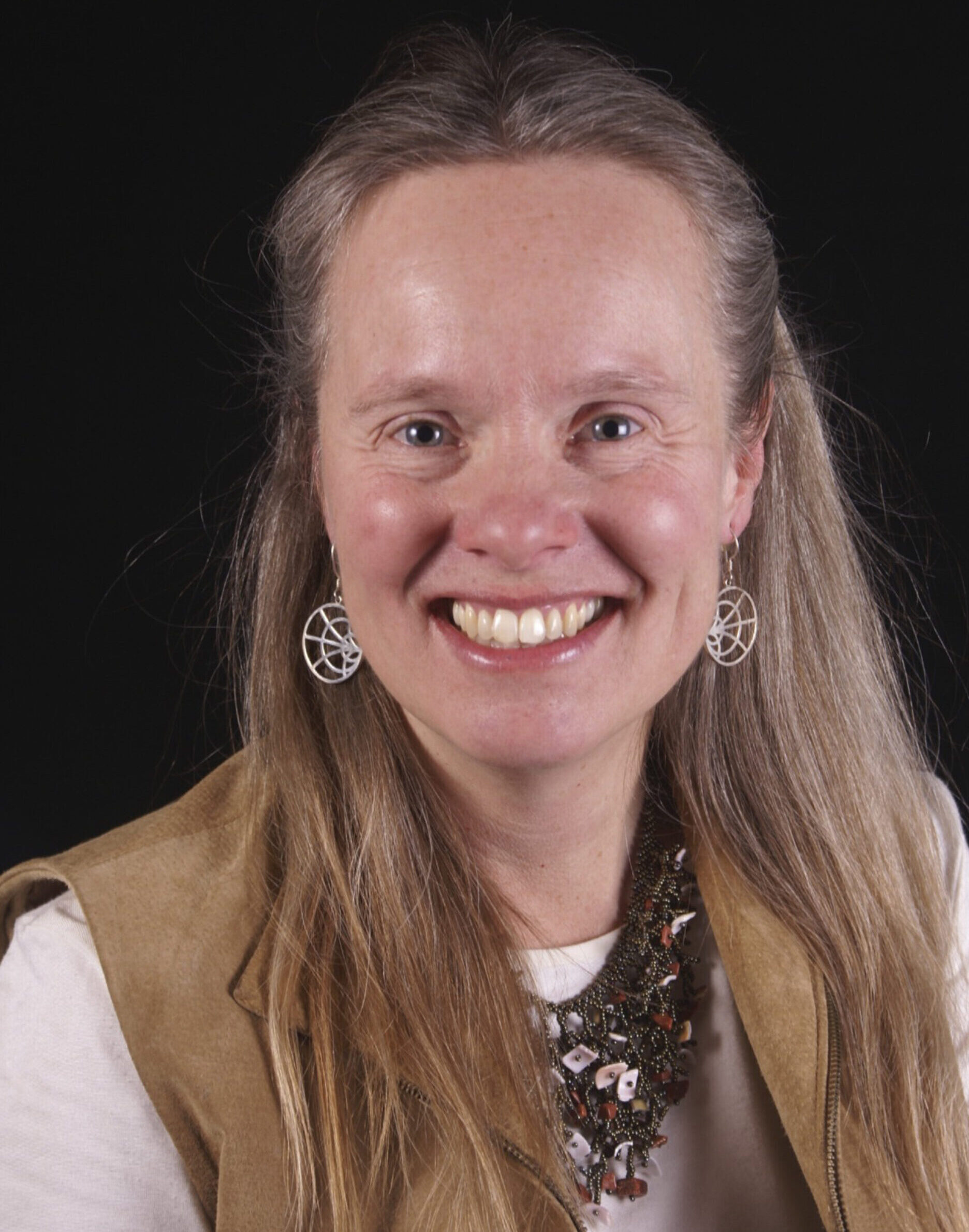

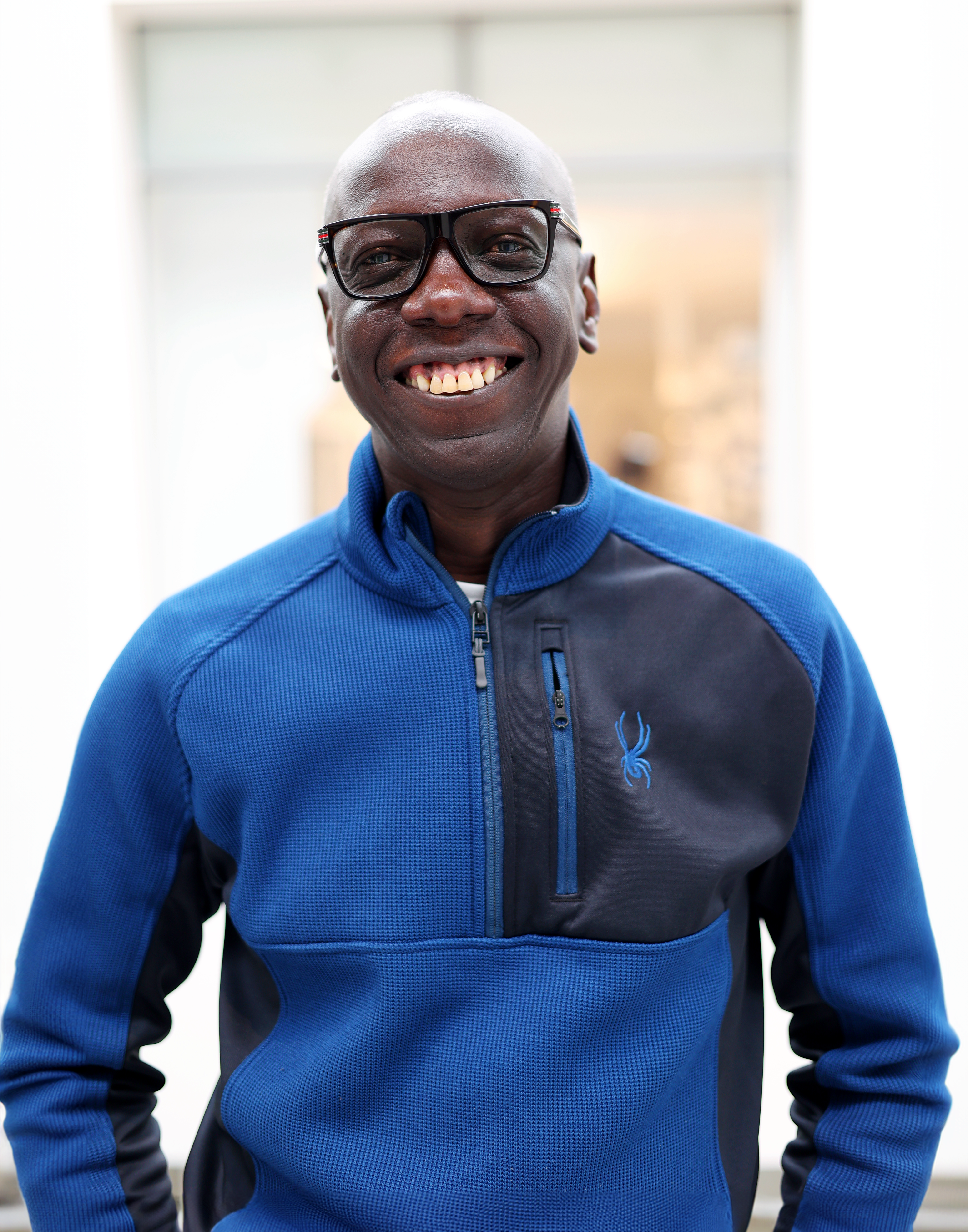

Tino Nyawelo, a Professor (Lecturer) in the University of Utah’s Department of Physics & Astronomy, has been at the U since 2007. In 2012, Tino founded the REFUGES program which supports underrepresented students through an after-school program (grades 7-12) and a summer science “bridge” experience for incoming college freshmen. Tino the Director of Undergraduate Research, and also coordinates the Summer Research Experiences for Undergraduates (REU) Program in the Department of Physics and Astronomy.
In 1998, Tino obtained his master’s degree in theoretical high energy physics at the Abdus Salam International Center for Theoretical Physics (ICTP) in Trieste, Italy. He received his Ph.D. in theoretical physics from the Free University of Amsterdam in 2004. His main area of research deals with (quantum) field theory, supersymmetry and gravity.
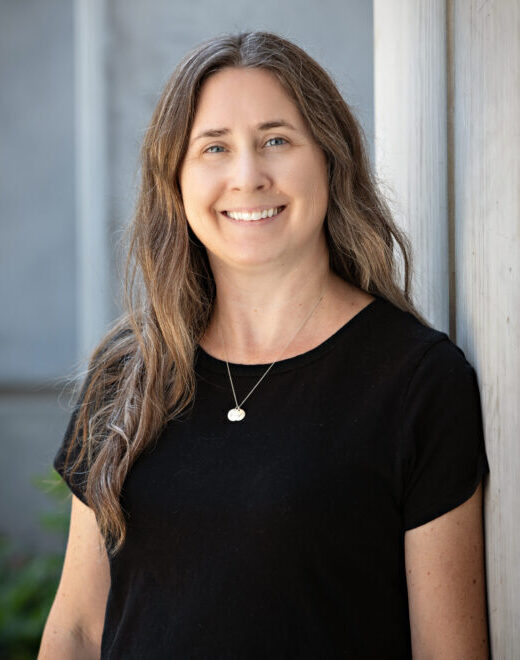

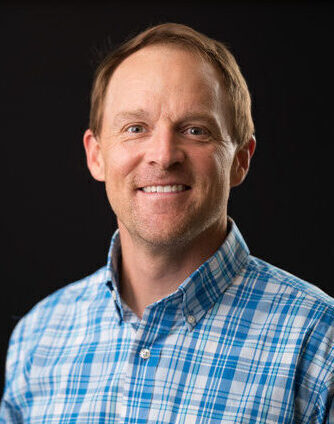

Intersectional Data Core


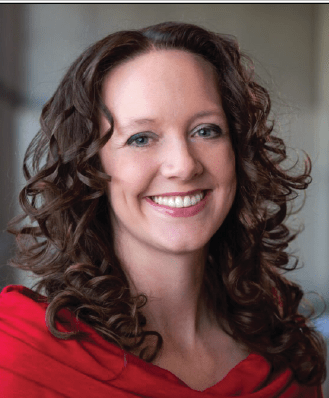

Institutional Change Studio: Faculty Workload Equity


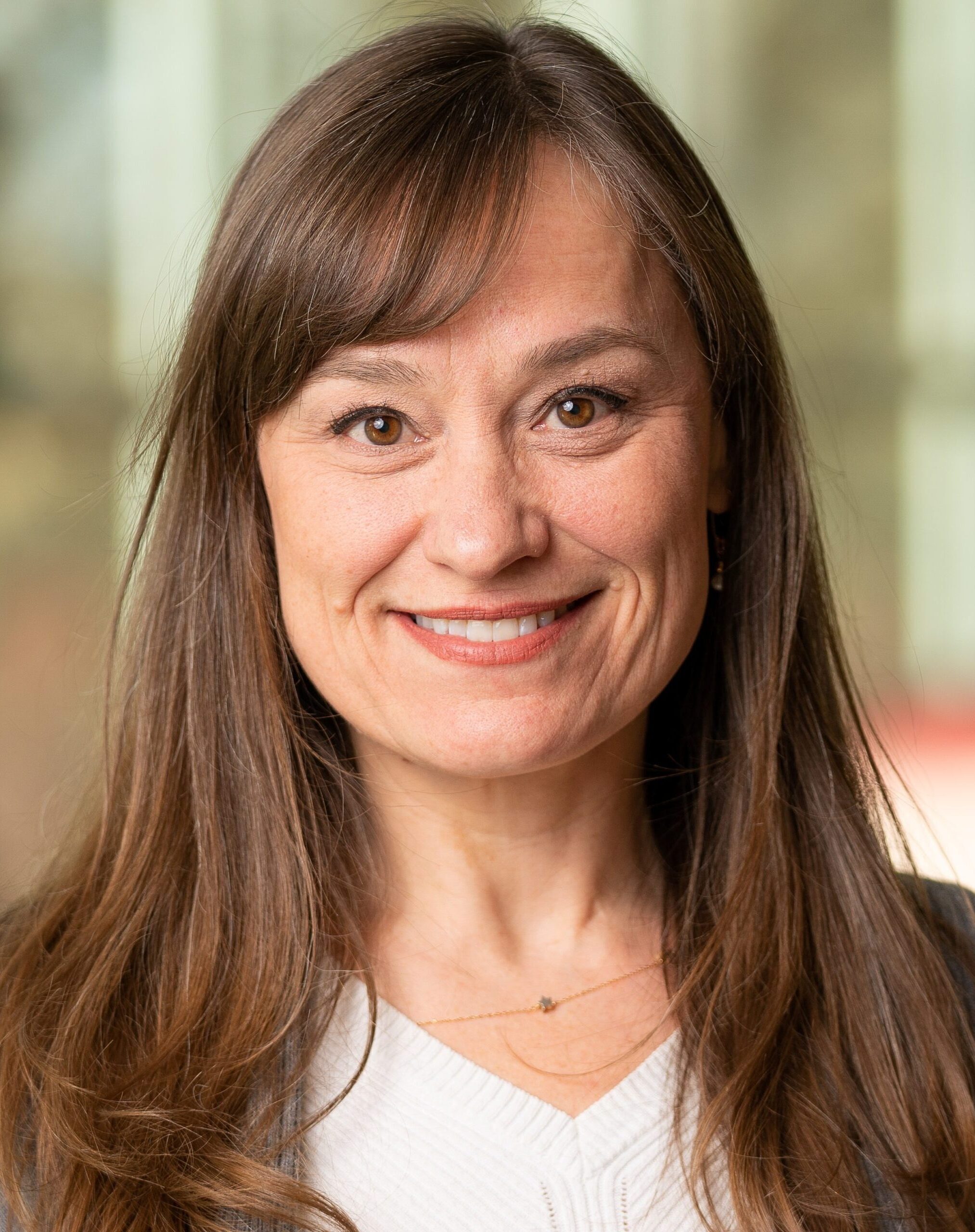

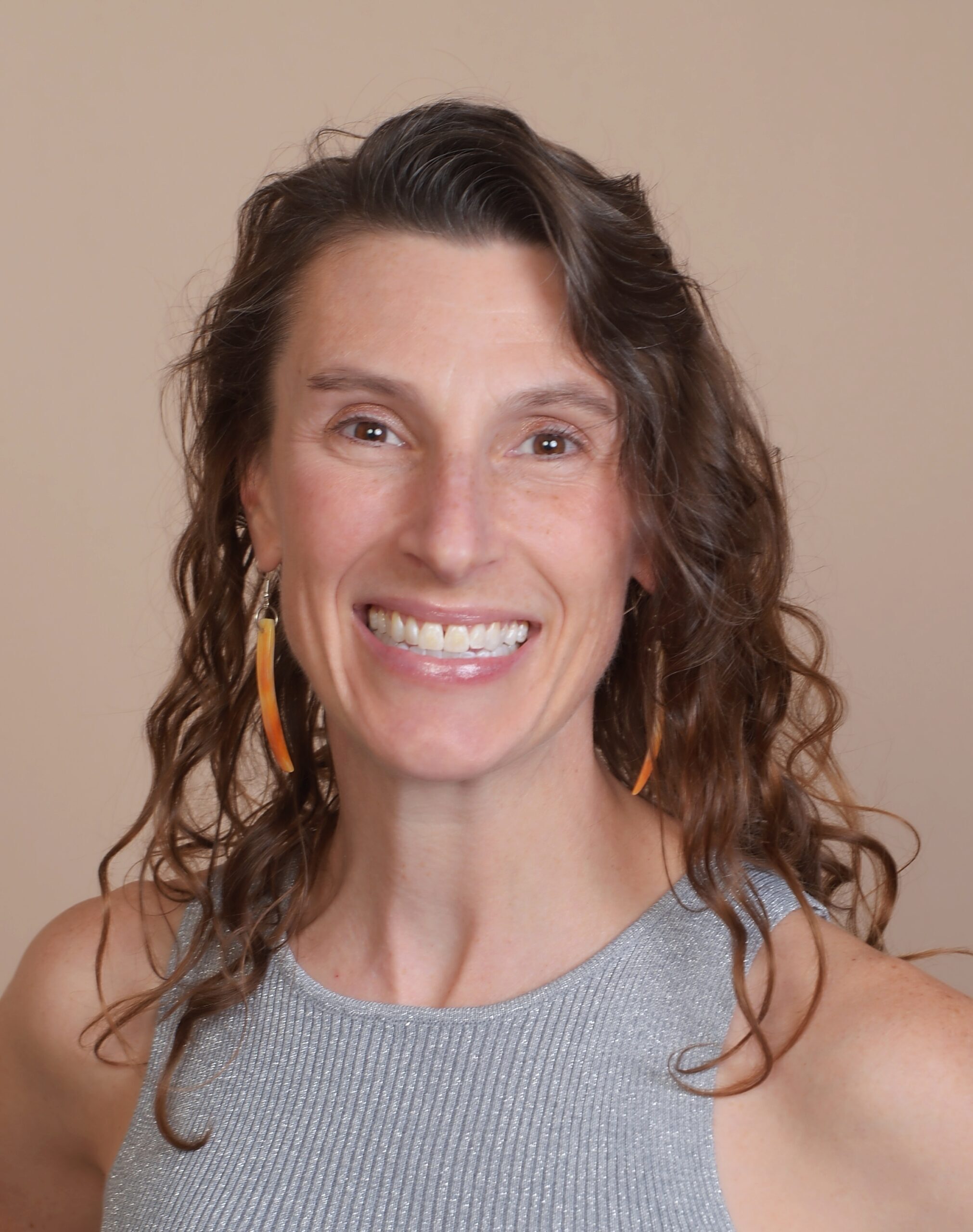

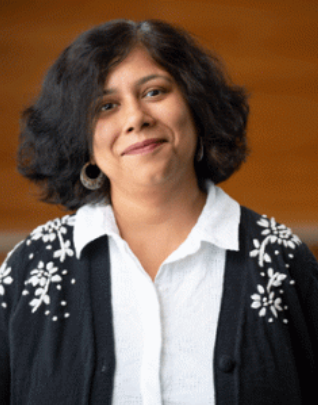

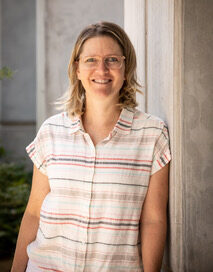





Evaluation Team
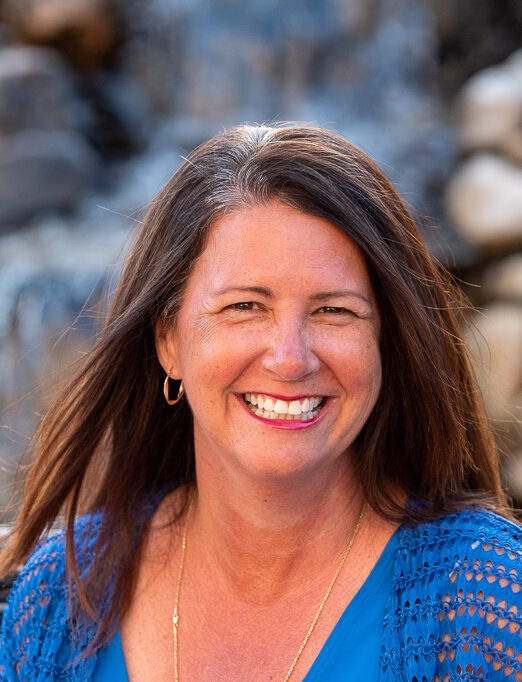

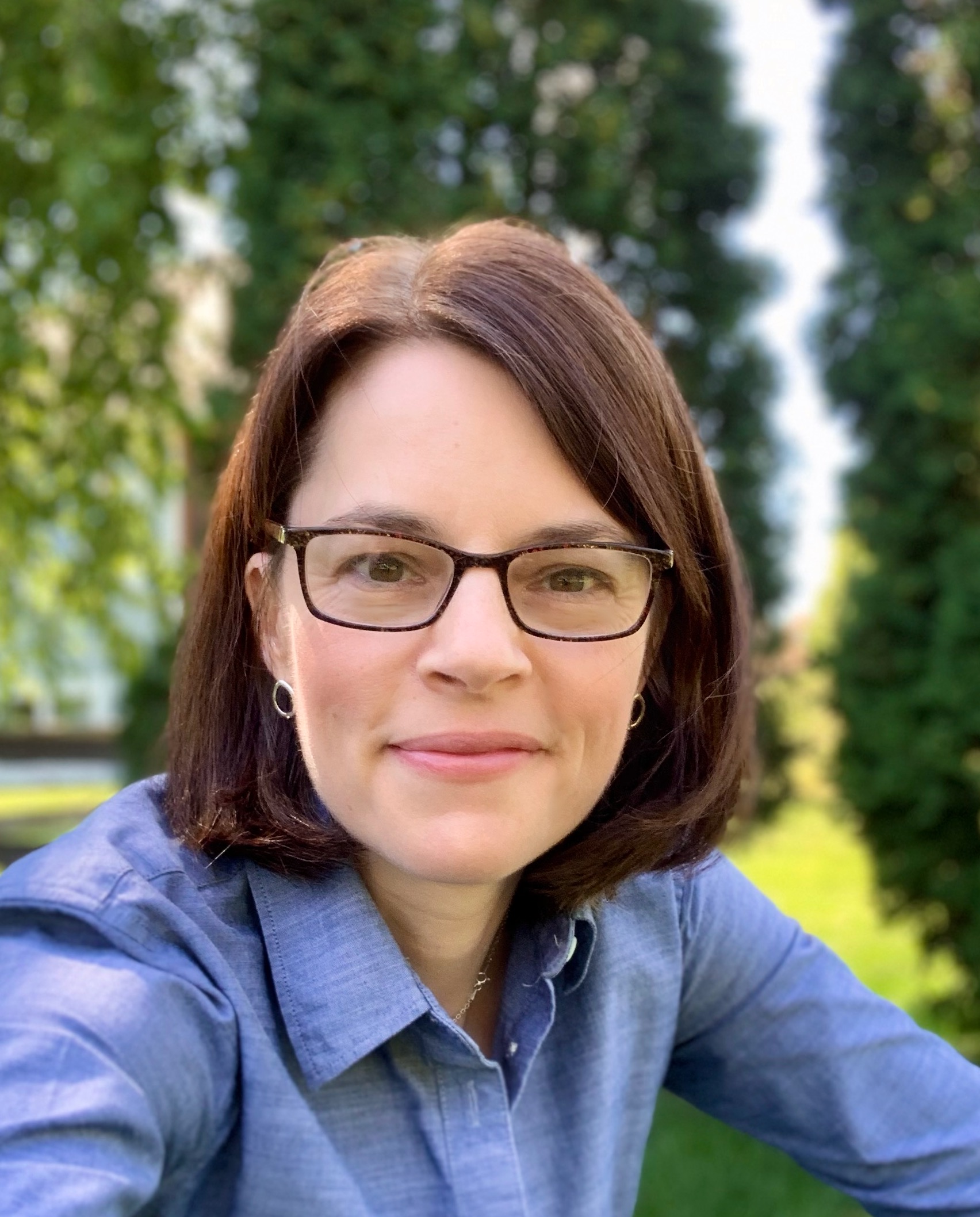

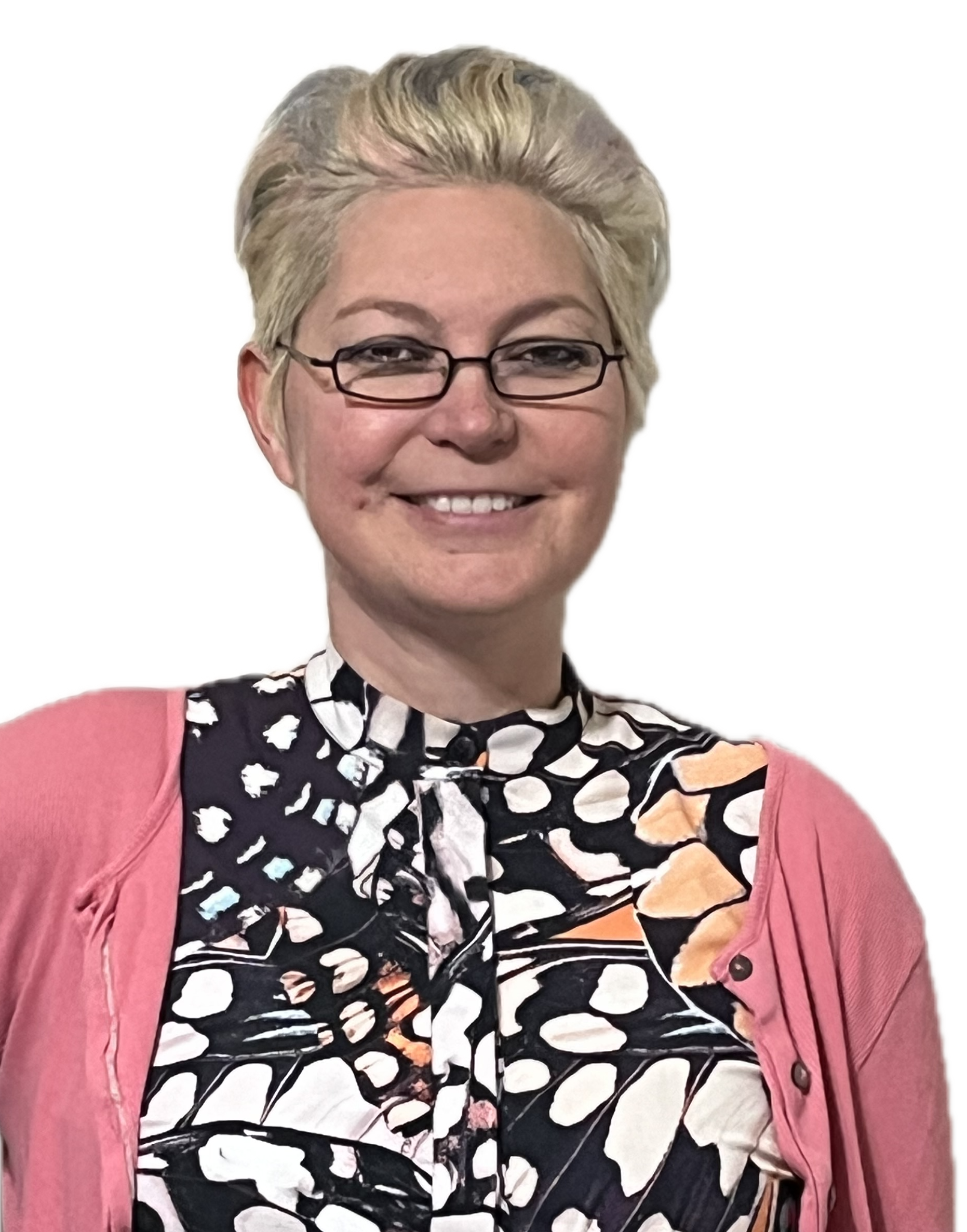

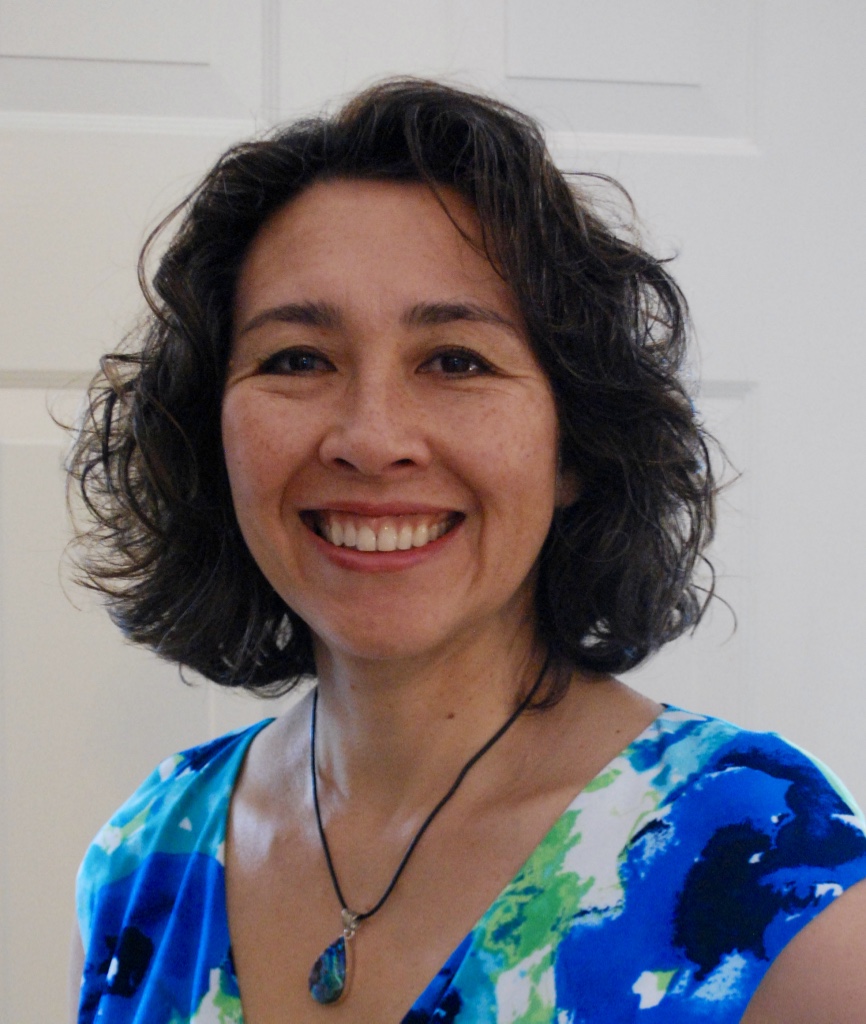

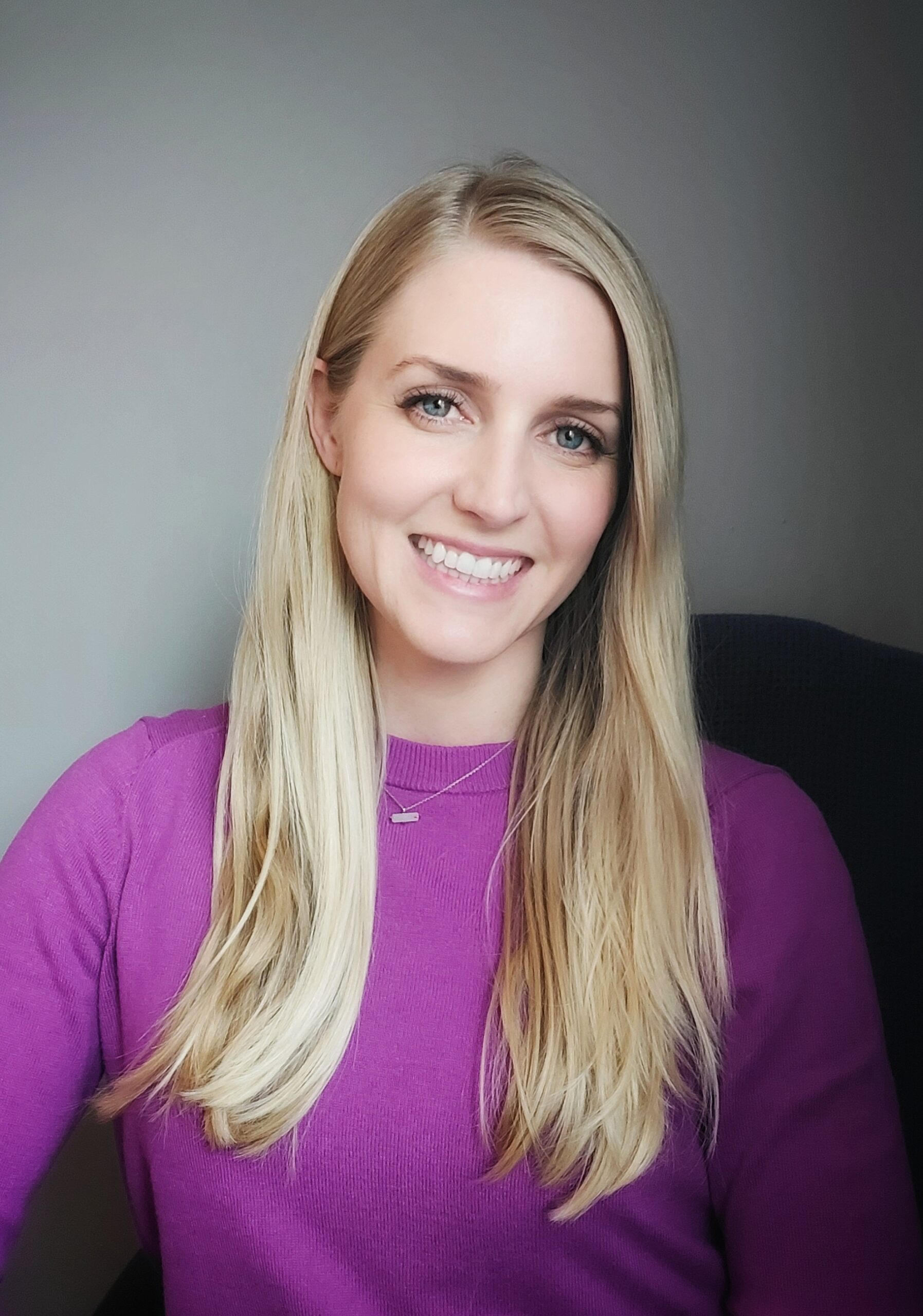

The material herein is based upon work supported by the National Science Foundation under Award No. 2319989. Any opinions, findings and conclusions or recommendations expressed in this material are those of the author(s) and do not necessarily reflect the views of the National Science Foundation.
